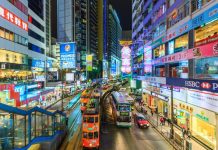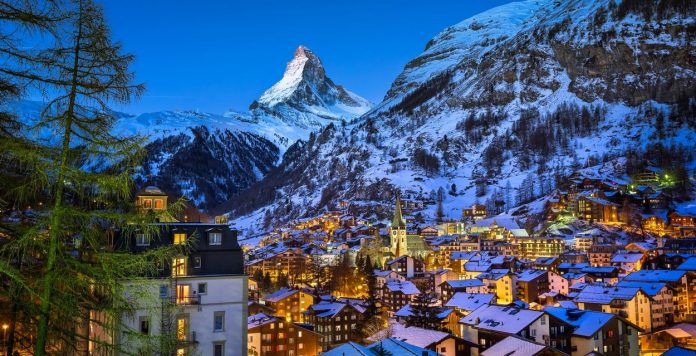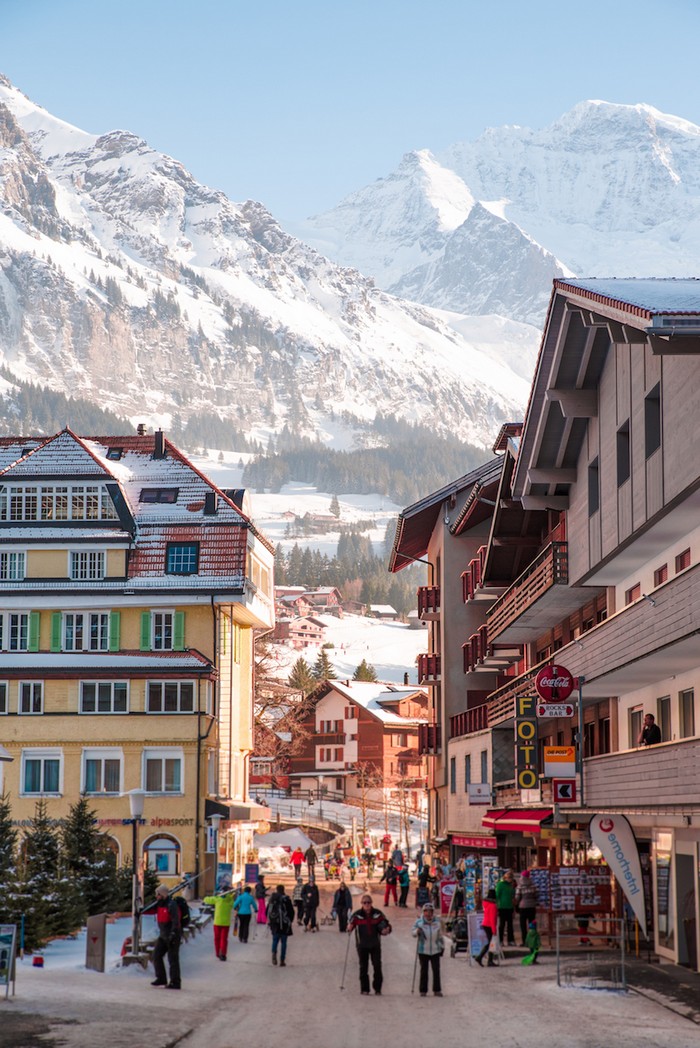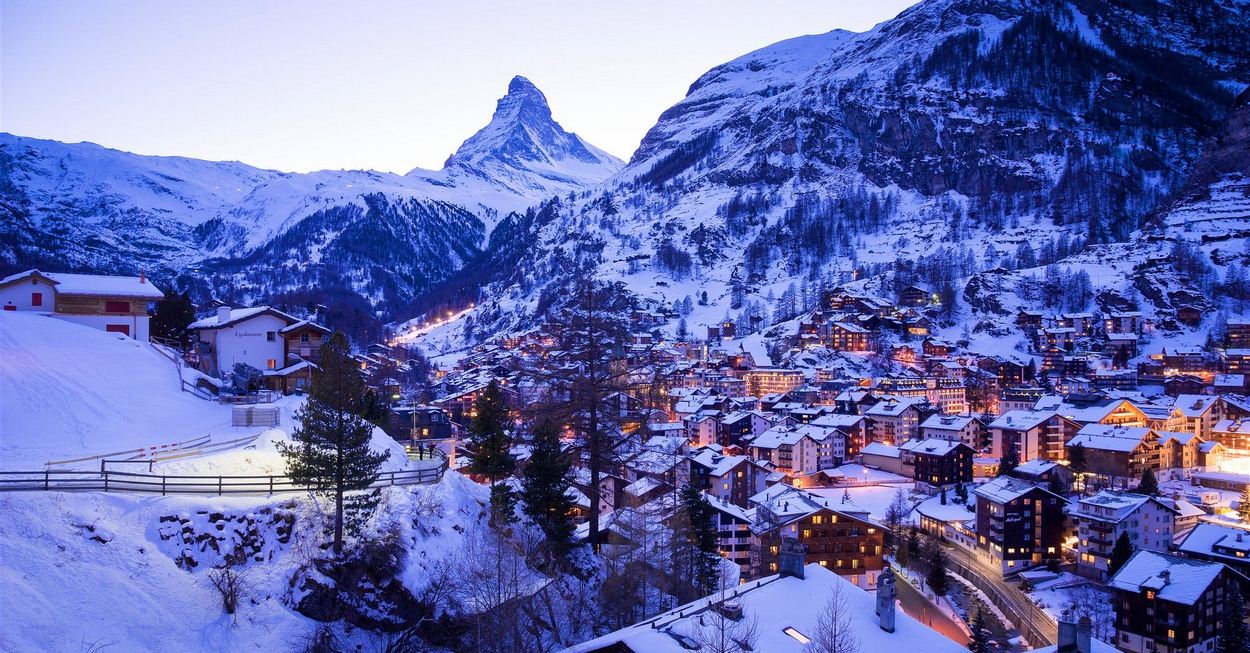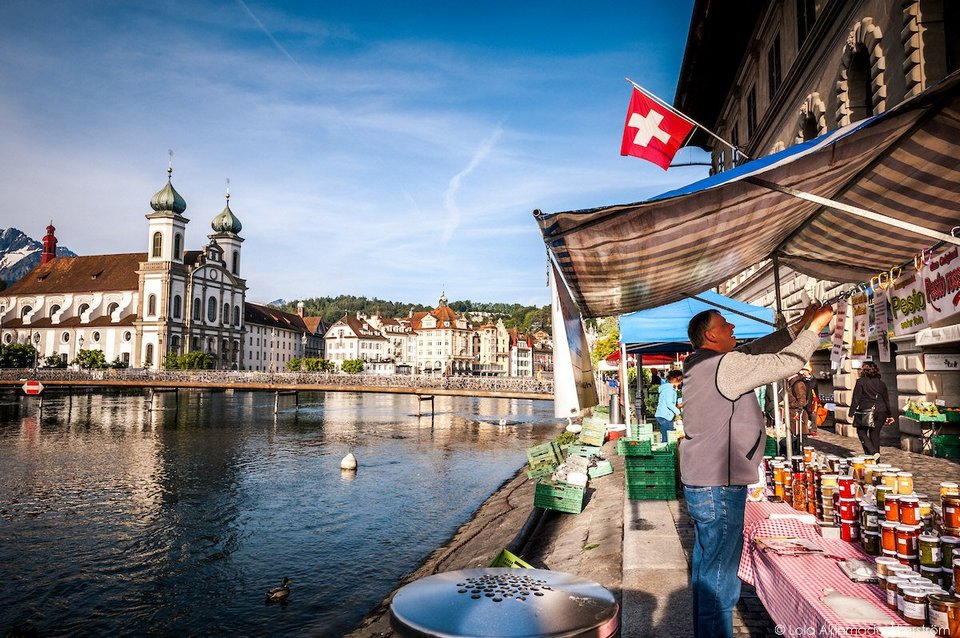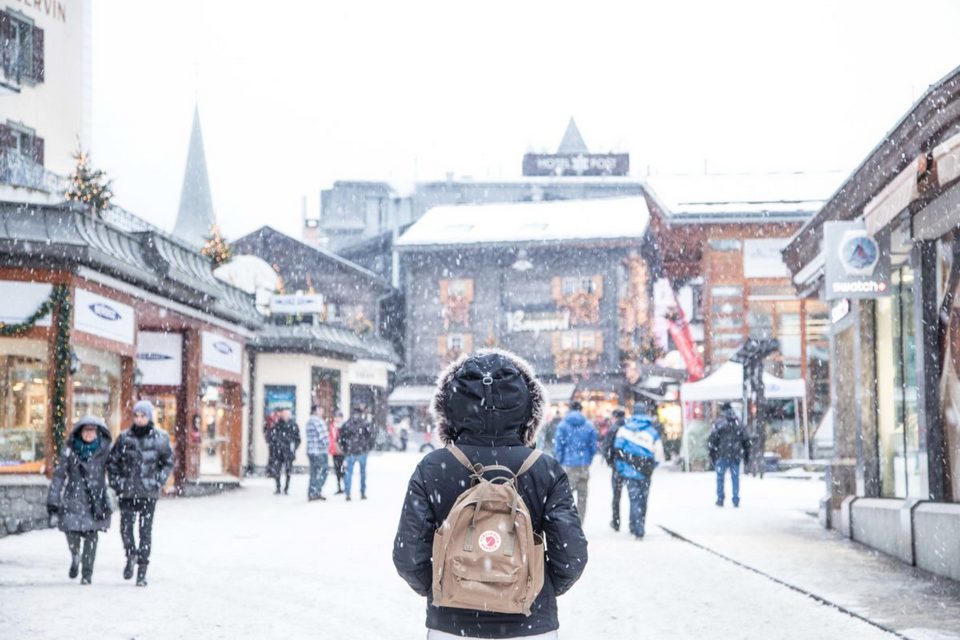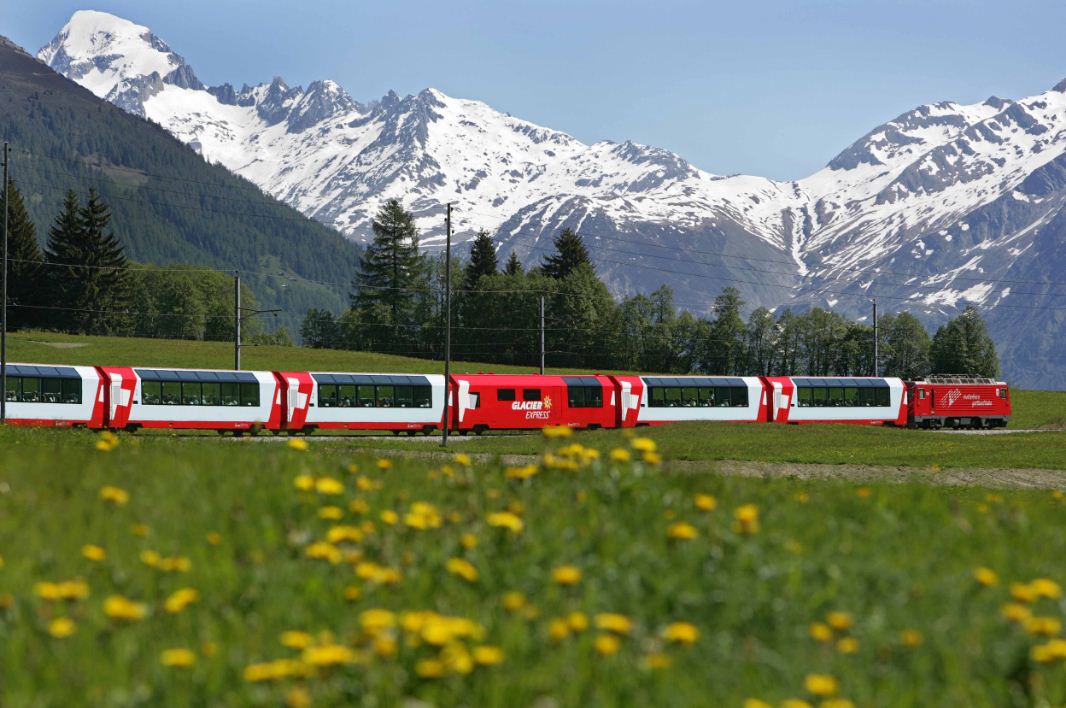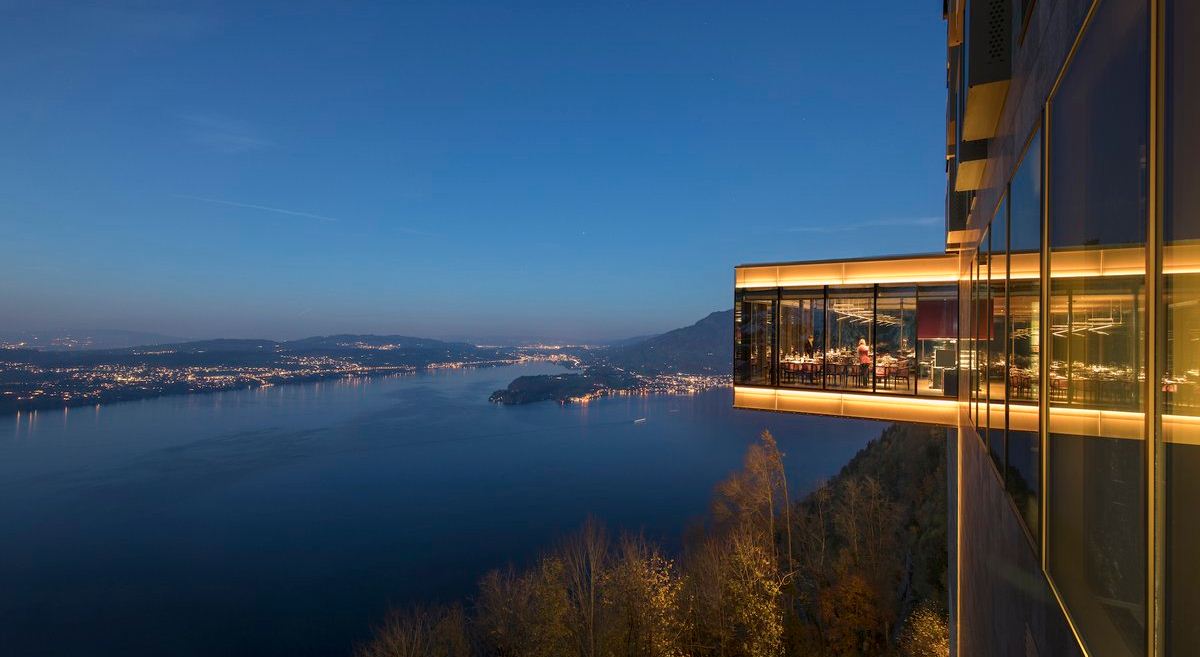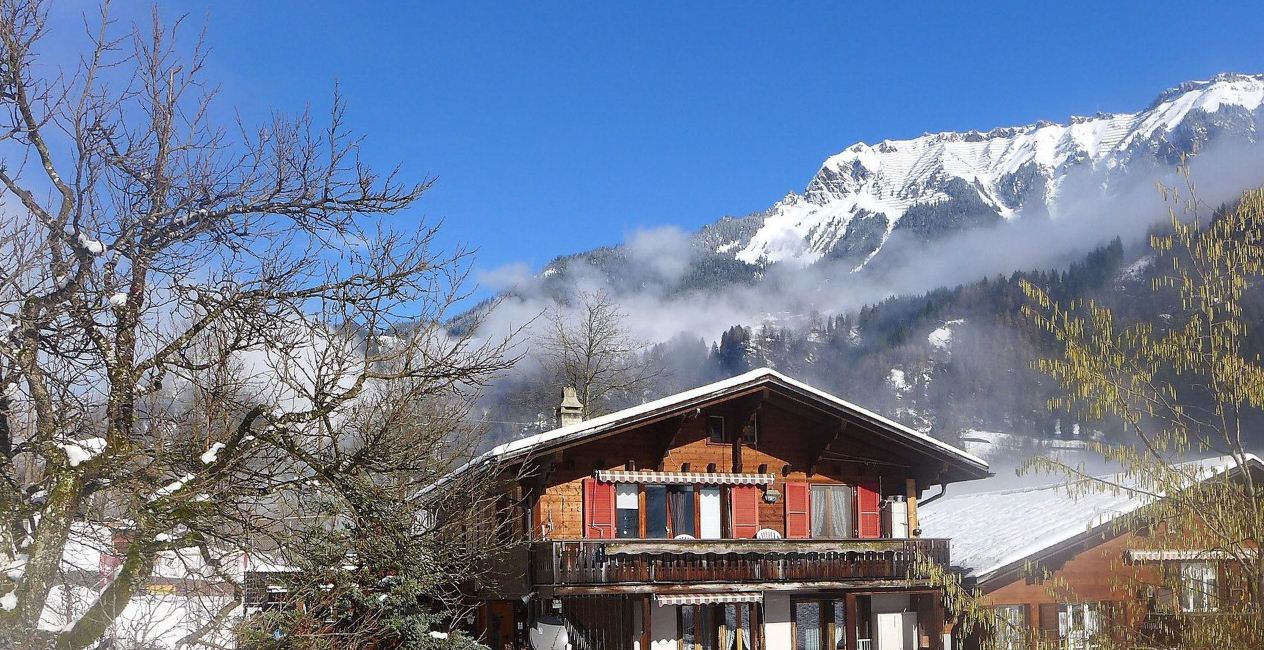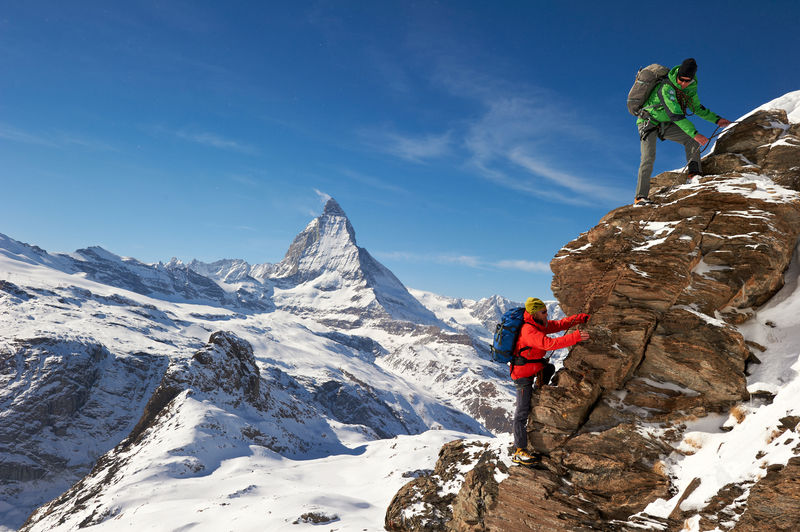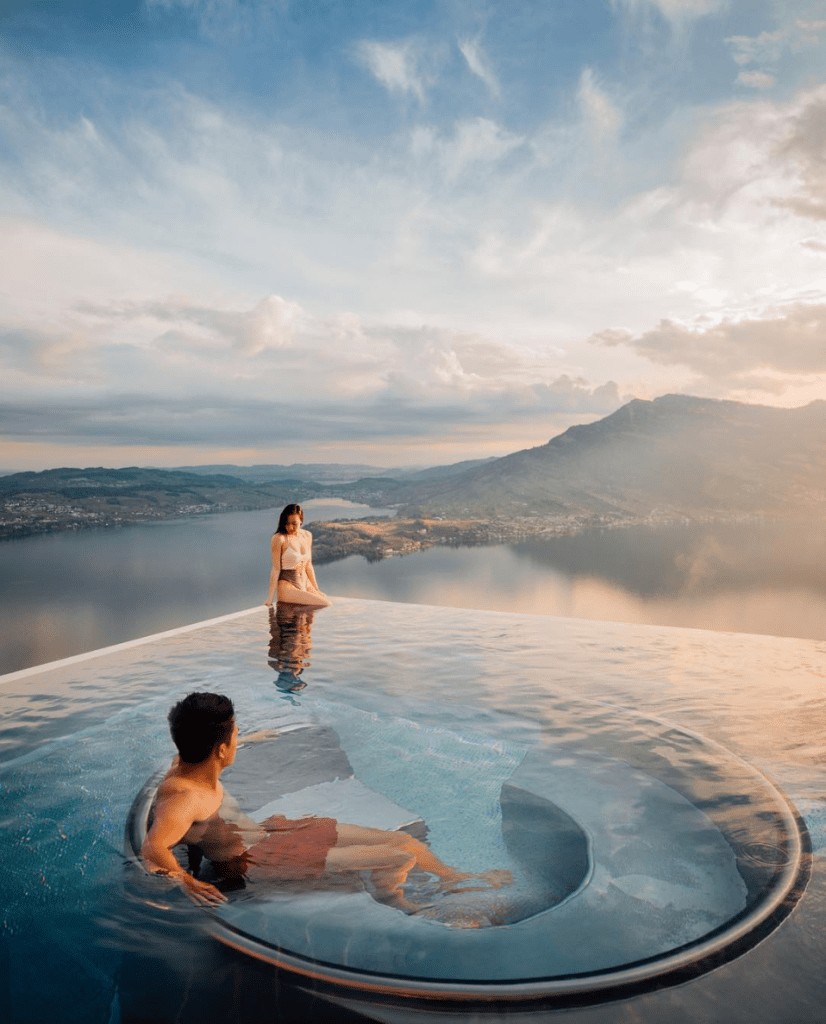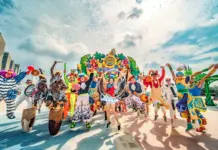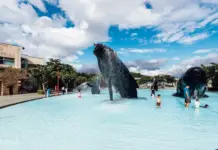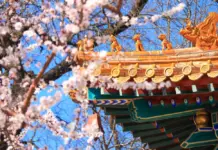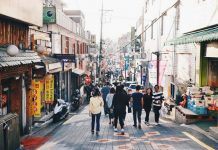Switzerland is a country located right in the middle of Western Europe, neighbouring with France and Germany. This country has always attracted visitors by snow-capped mountains under blue skies, crystal clear lakes, endless green fields and small towns that have remained their beauty since the Middle Ages. Traveling to Switzerland has always been a dream of any tourist because of its enchanting scenery. So, are you planning a budget trip to Switzerland but don’t know how to start? Let’s check out our Switzerland travel blog (Switzerland blog) with the Switzerland travel guide (Switzerland guide) for the first trip to the beautiful country of Switzerland from how to get there, where to stay, best places to visit, what to eat, some useful tips as well to find out the answer!
- Switzerland itinerary 8 days — What to do & How to spend 8 days in Switzerland by train perfectly?
- Lucerne Top Attractions: 10 Must-visit Places & Top Things to Do in Lucerne, Switzerland
- 30+ must-go & best places to visit in Switzerland
- Zurich blog — The fullest Zurich travel guide for a budget trip for first-timers
- Jungfrau travel guide: What to do in Jungfrau & suggested Jungfraujoch day trip from Zurich
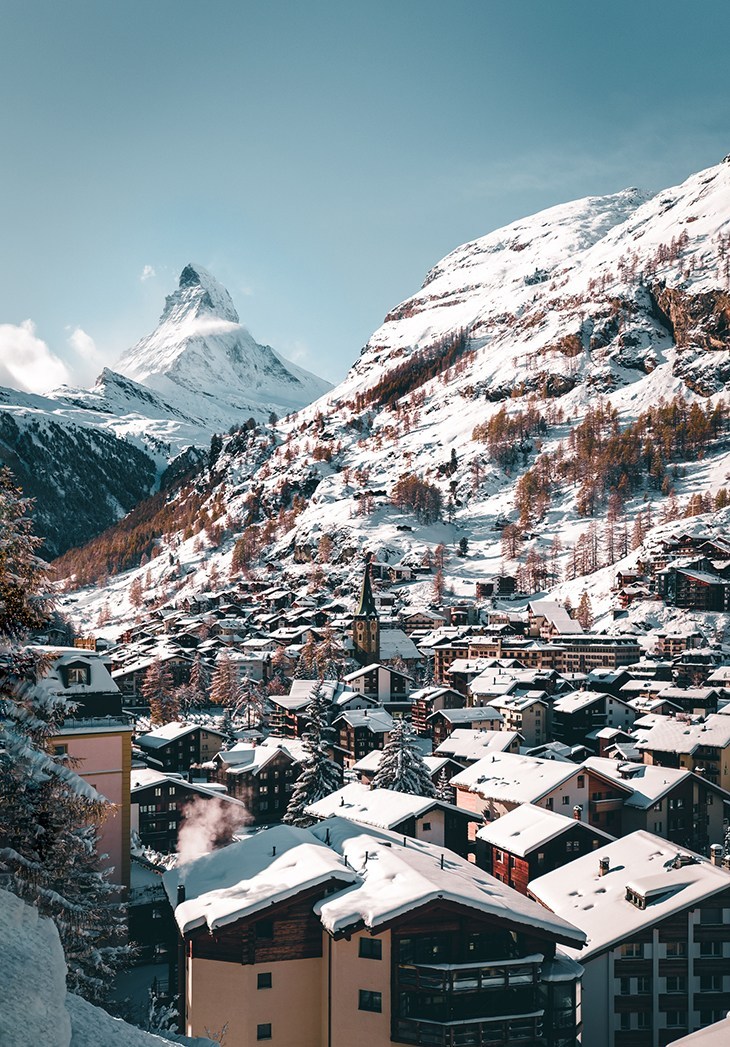
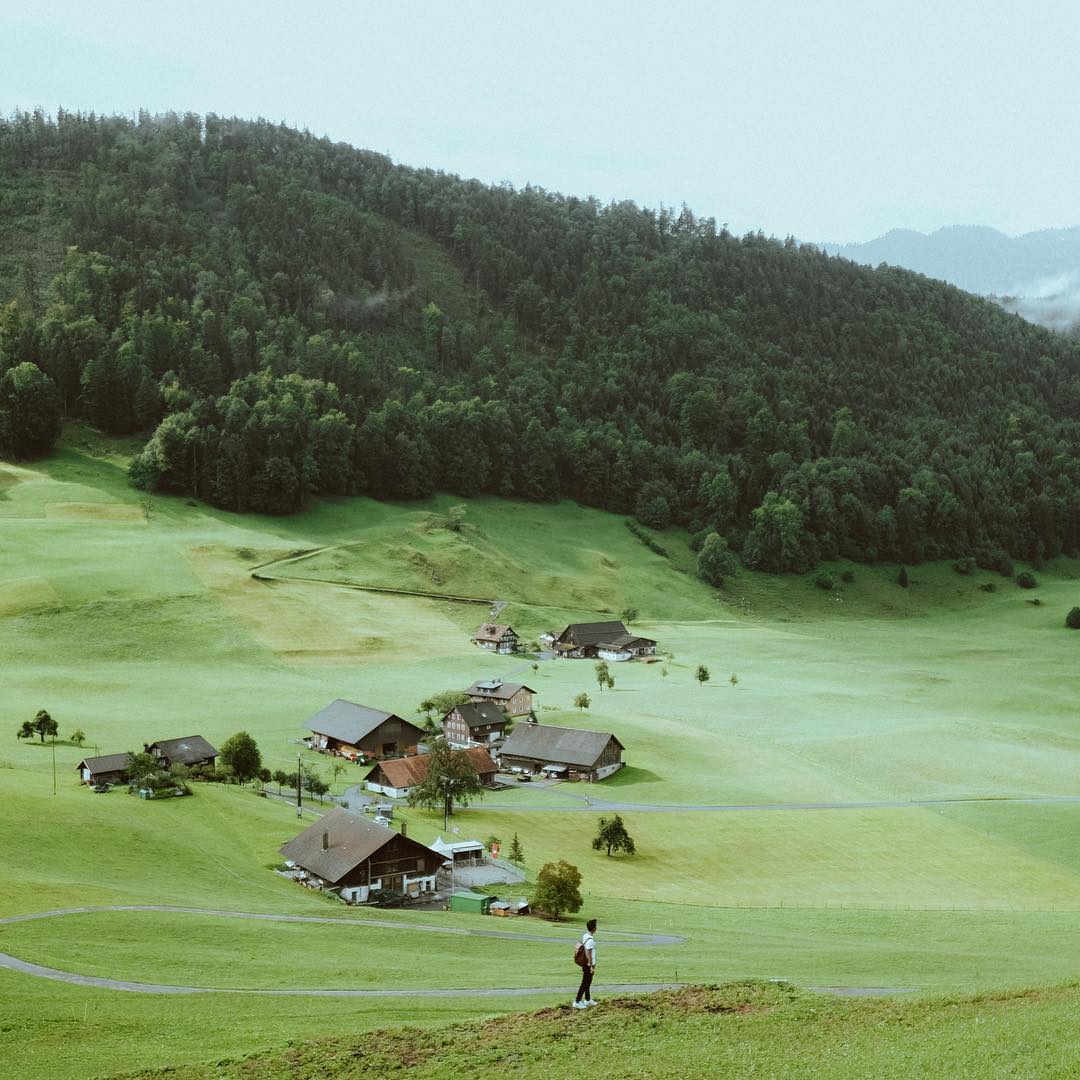
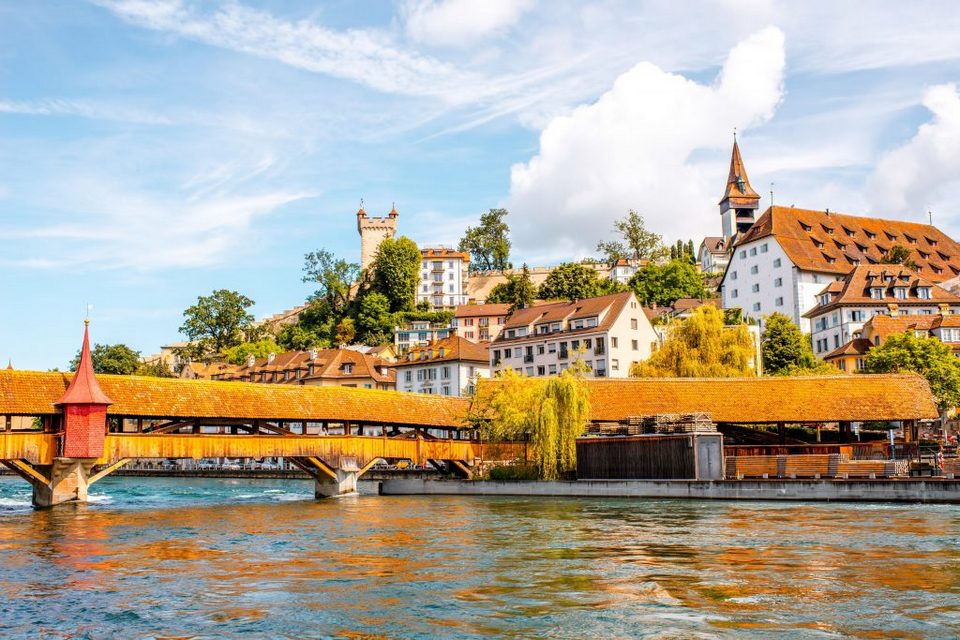
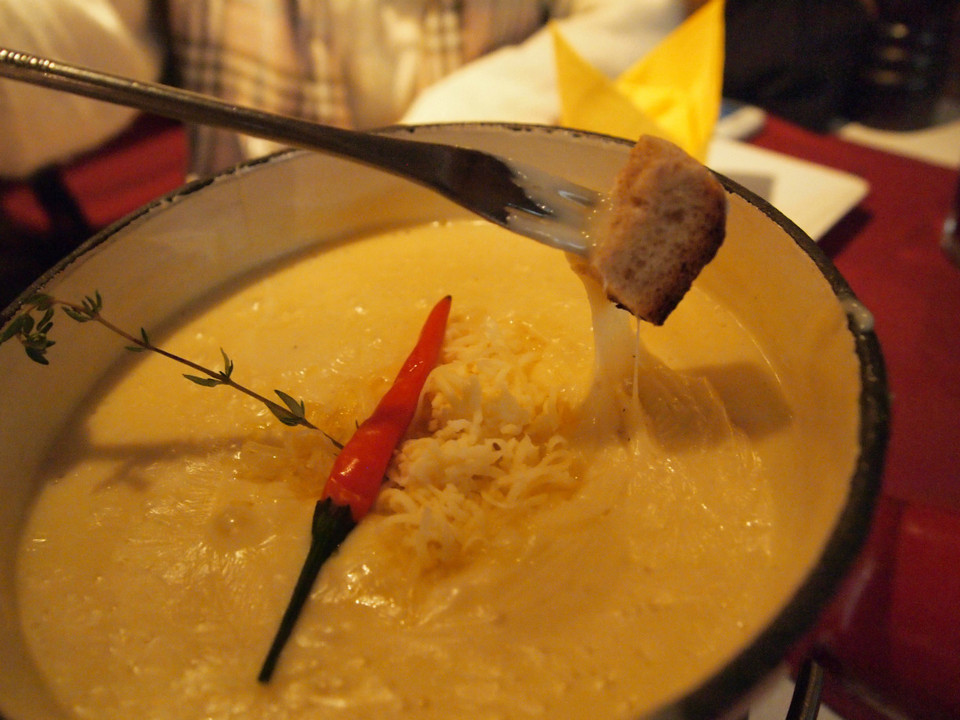
Switzerland travel blog: Overview of Switzerland
Visa
Switzerland is a fairly independent politically. They are not members of the EU nor the Schengen bloc. However, those with a valid Schengen visa can still get in and out of Switzerland freely. However, when you take a train to the border there will usually be an inspection.
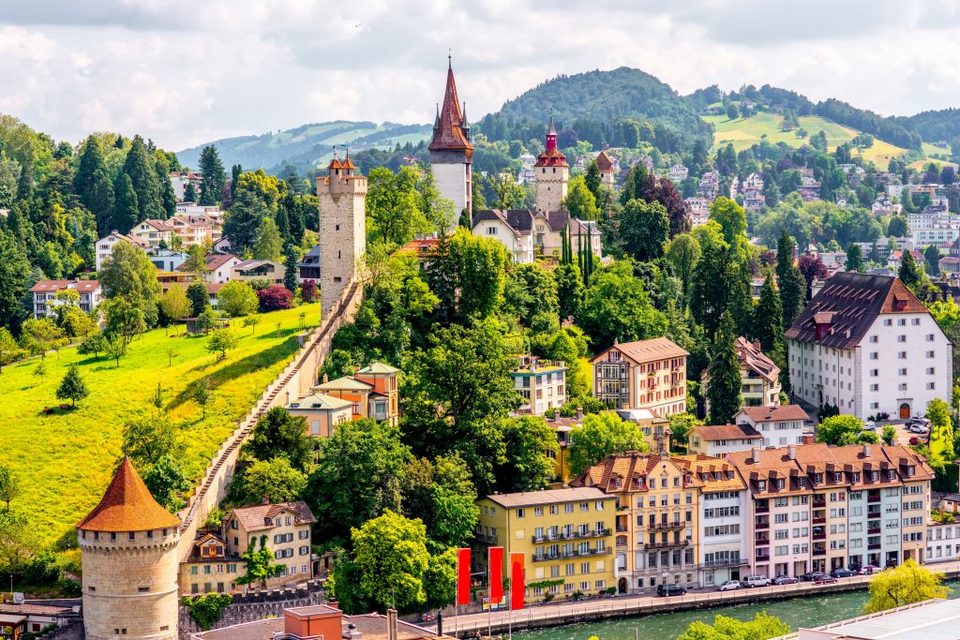
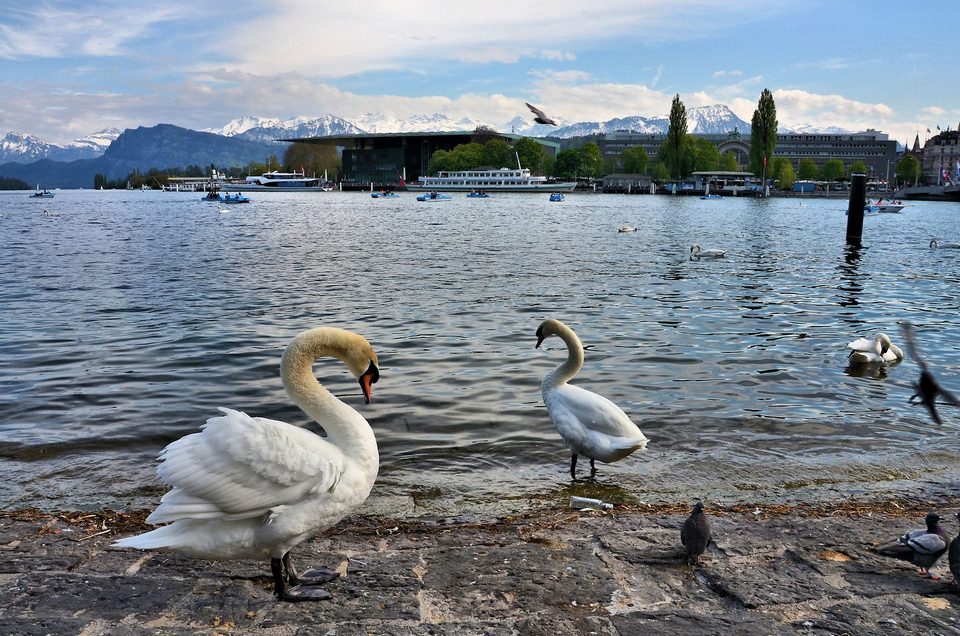
Topography
As mentioned above Switzerland is small but has borders with many countries in Europe. The West borders with France in the Alsace region and with the gateway is Basel and Geneva. The southern region borders with Italy, especially the famous Lake Como. The north borders with Germany is a large area with the gateway is Zurich. And the East borders with Austria and Liechtenstein.
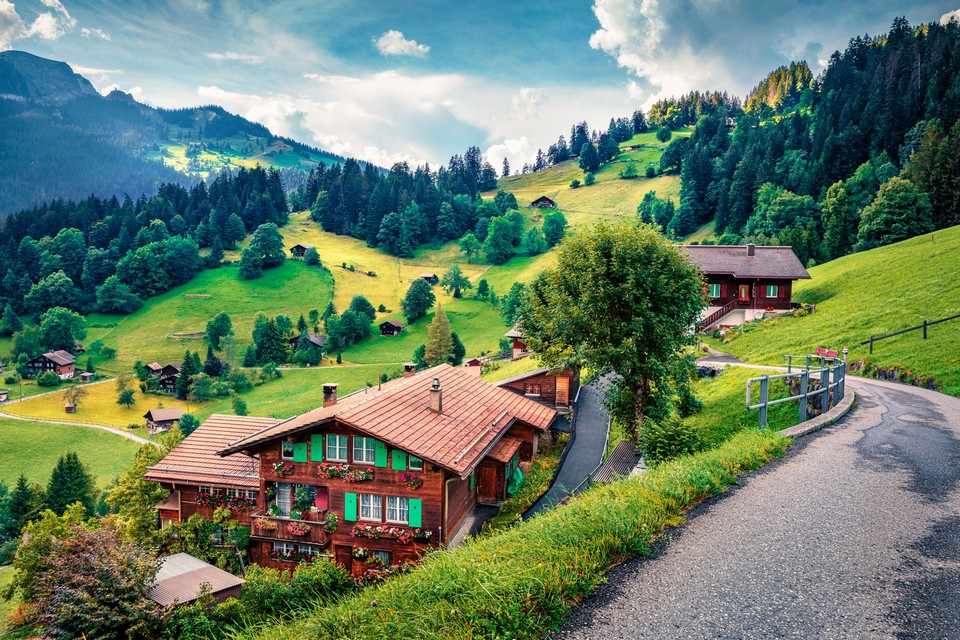
As a country located entirely in the Alps, the topographic feature of Switzerland is mostly mountainous. My Airbnb owner in Zermatt once joked that Switzerland is a country with no horizon. This terrain creates a Switzerland with many majestic and magnificent landscapes.
Read more: How to spend 8 days in Switzerland by train perfectly.
Currency
The Euro can be used in Switzerland but you should exchange it to Swiss Franc (CHF) for convenience. Exchange rate against the Euro: 1 Eur ~ 1.08 Francs (CHF). You can exchange in Vietnam or exchange right at the counters at the airports, stations or right in the hotels you stay.
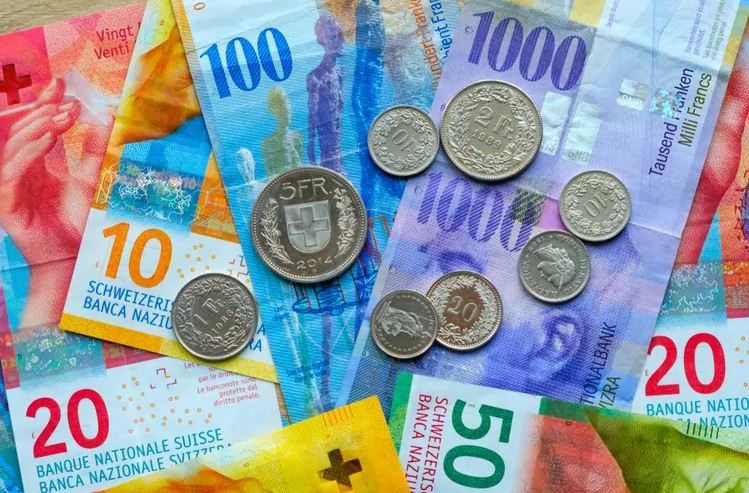
Switzerland is one of the most expensive countries in Europe, no less than the Nordic region. All kinds of trip costs, from dining, traveling, sightseeing and hotels are very expensive.
Language
Due to the common border with many countries, the language of Switzerland is also an intersection of many languages in the world. Depending on the region, French, German, Italian and Romansh are widely used. In the high mountainous areas, at resorts or tourist sites, all can speak English.
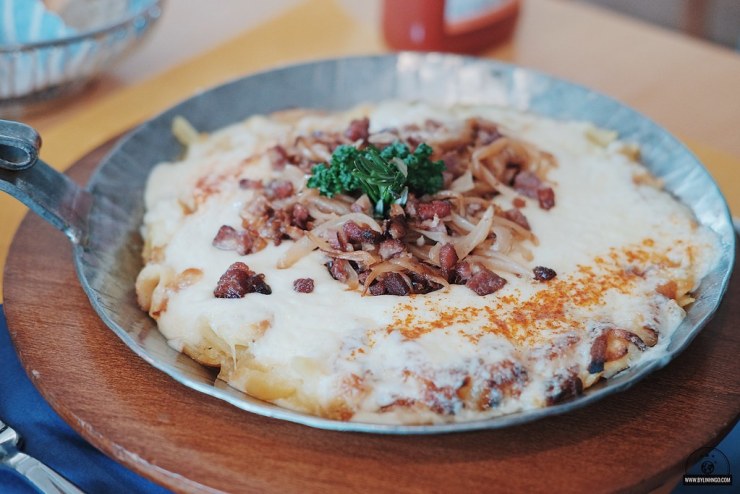
When is the best time to visit Switzerland?
You can visit Switzerland at any time of the year, because each time will have its own beauty. Choosing when to travel to Switzerland depends on your plans for the activities here. Some suggestions are as follows:

- Low season (October-March): Some mountain resorts will be closed, restaurants will closing early. For those who love skiing, this is the great time.
- Shoulder season (April-June and September): The temperature is getting warmer and you can enjoy Switzerland quite nicely with moderate tourist numbers.
- Peak season (July-August): The number of tourists flocking to Switzerland is often overloaded, the prices of everything are the highest in the year. Of course now the weather has warmed up gradually and the sun is beautiful, you can watch the majestic mountains all day long without getting bored!
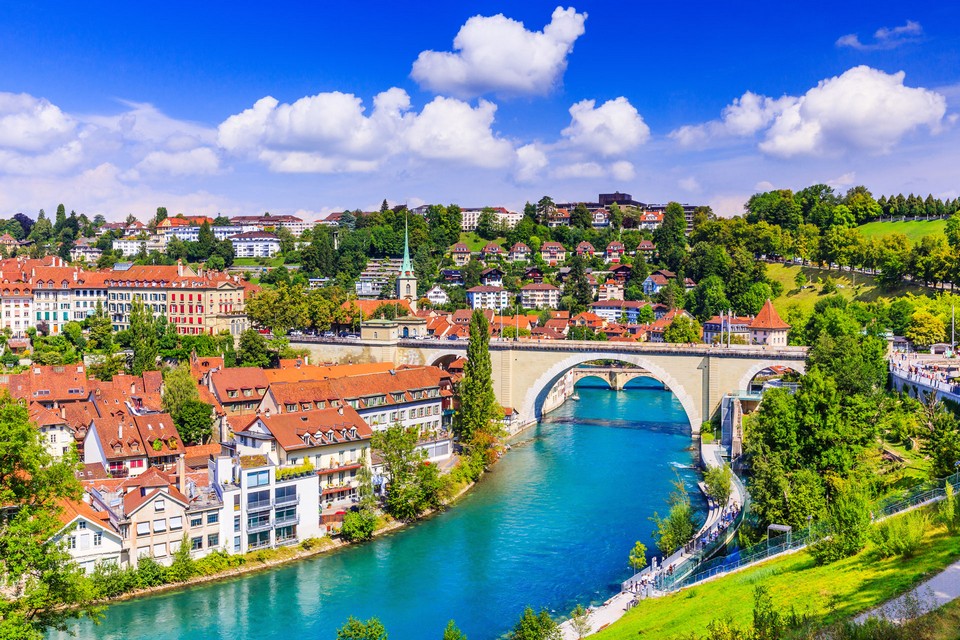
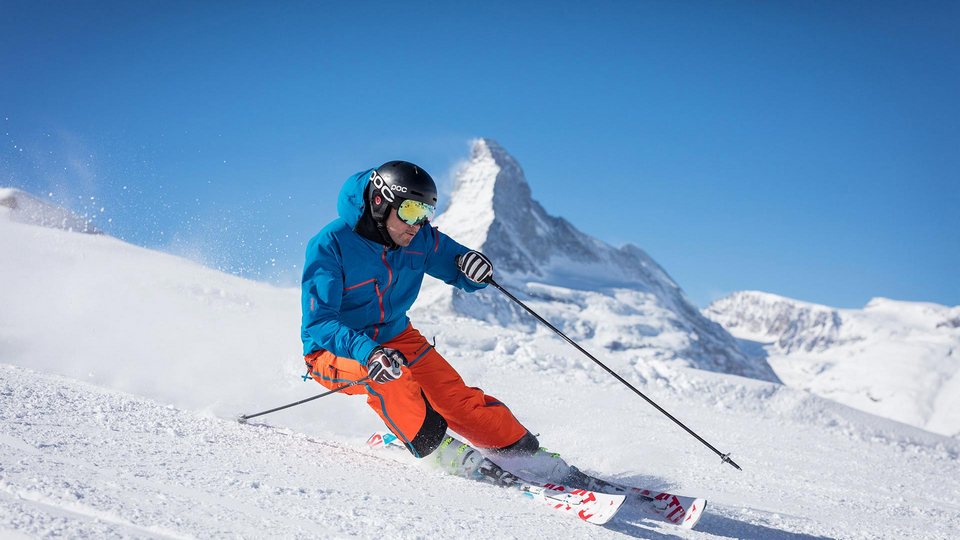
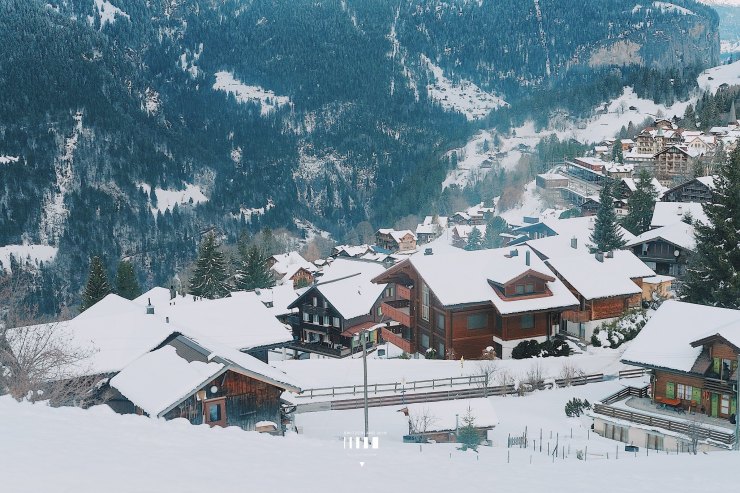
Read more: How to travel to Switzerland on a budget.
Switzerland travel guide: How to get to Switzerland?
How to get to Switzerland from cities in Europe
By air
If you fly to Switzerland, you will almost certainly set foot in one of 3 cities: Basel, Zurich or Geneva. Zurich Airport is Switzerland’s largest airport and Zurich also is a major cultural and financial center. From here you can take a train to Lucerne right near the airport. It is also the most popular airport that you will often land when coming to Switzerland.
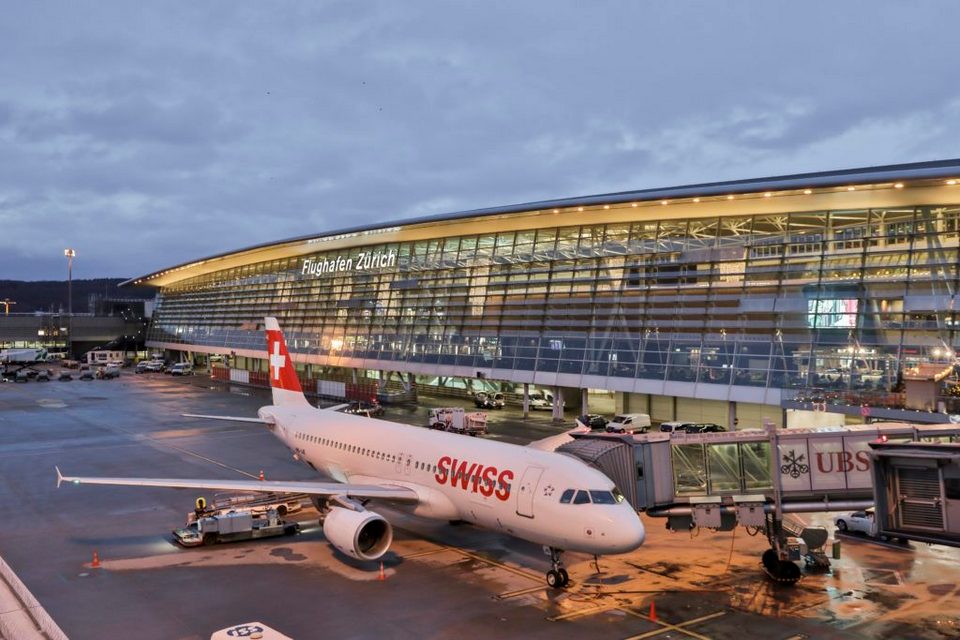
By train or road
In the case of traveling by road, depending on where you depart, you will arrive at the gateway city first. If you depart from the Alsace region of France with Colmar or Strasbourg, you will come to Basel first. Getting from Germany to cities like Munich, Stuttgart, or from Austrian cities like Innsbruck, Salzburg you will come to Zurich first.
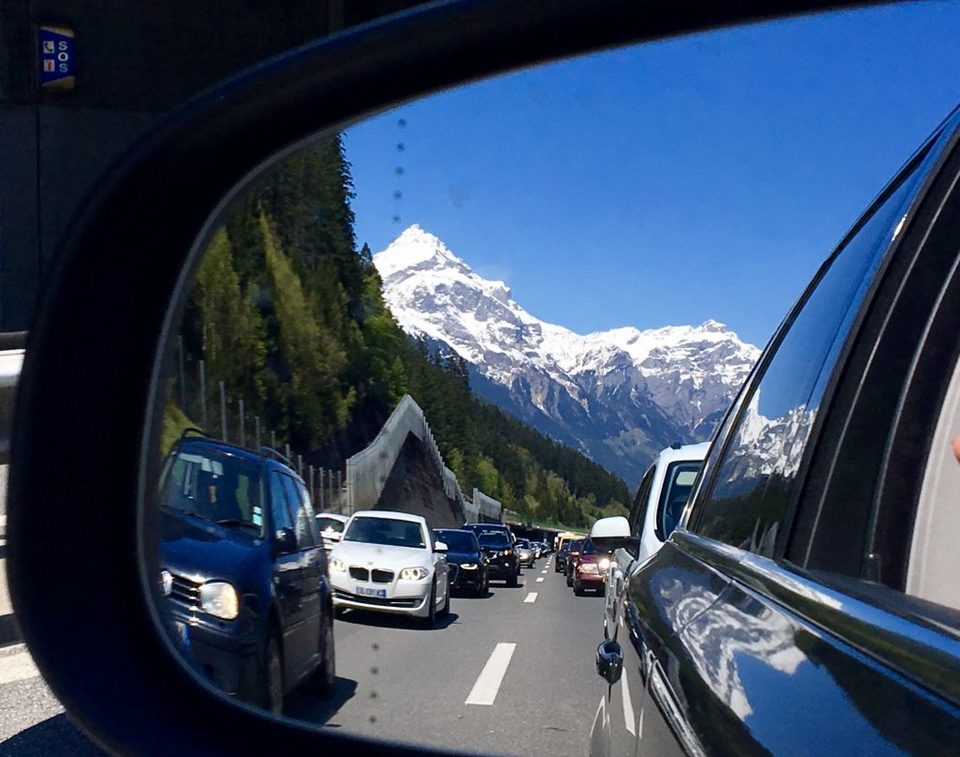
In addition, the Geneva gateway bordering with the East of France is usually reserved for those arriving from Lyon or Marseilles. This area is quite close to Mont Blanc. From Geneva you can go around some places like Montreux, Lausanne. If coming from Italy with Milan or Como, there are trains running directly to Locarno, Lugano… of Switzerland.
Usually when taking trains from cities in Europe to Switzerland, you can go to the website of the railway company where you will depart. Or go to the web of SBB (Swiss Federal Railways of Switzerland) to buy tickets. If you are afraid, just book tickets through Trainline.com, they will plan out the best schedule for you.
Switzerland blog: Travel between regions / cities of Switzerland
By train
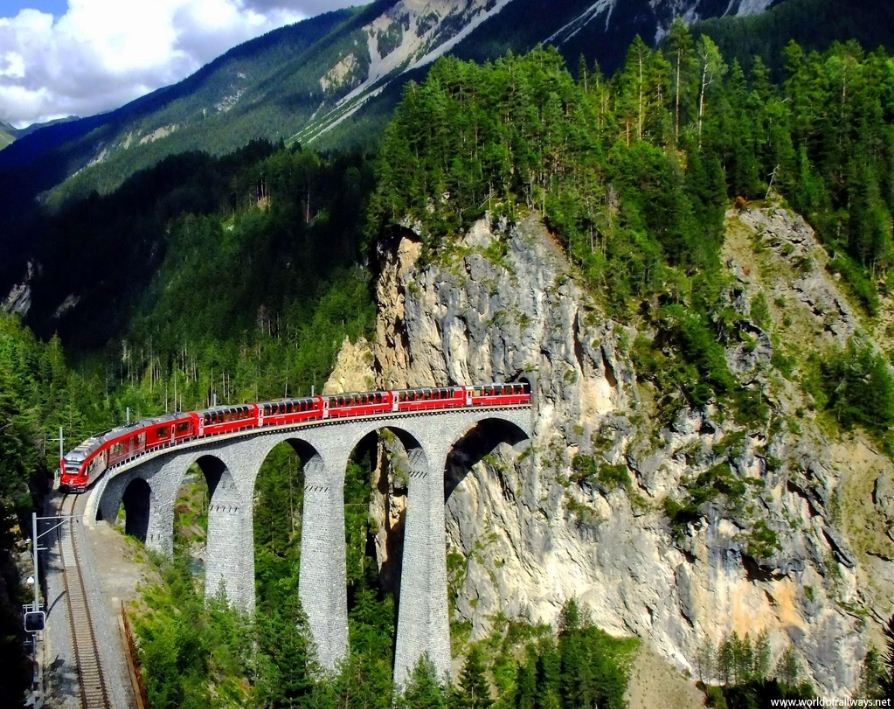
Basically, taking trains in Switzerland always has a fixed ticket price when you travel between 2 places and 2 cities. For example, from Zermatt to Zurich, the regular price is CHF125/way. From this standard price when you apply the type of Rail Pass that has been purchased before, the new price will be discounted more. For example, with the regular price above plus you have an extra Half-fare card (50% off), the final price you have to pay is CHF62.5/way.
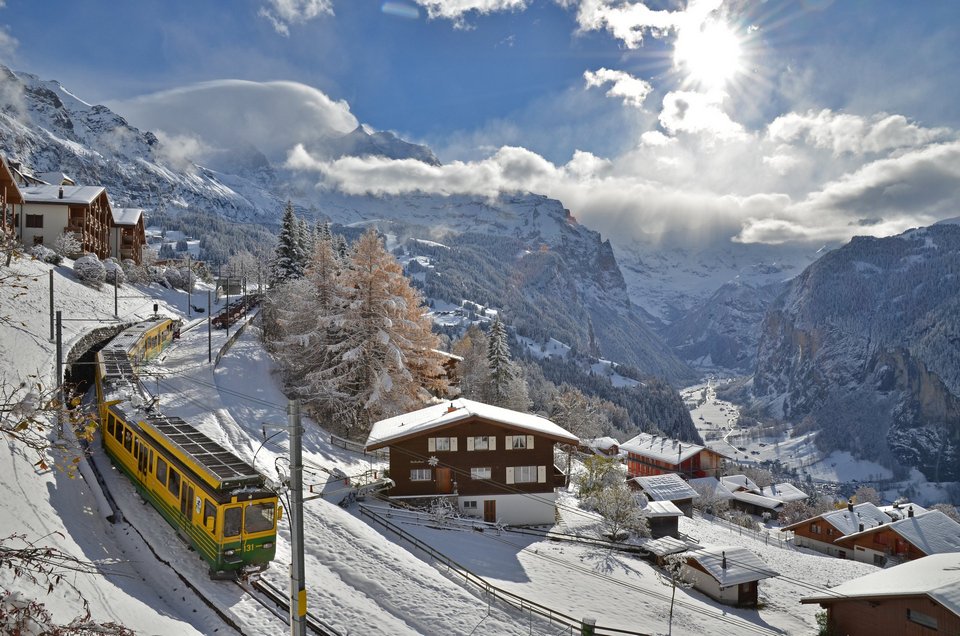
All you need when taking a train in Switzerland is to download the SBB app (iOS, Android) to your phone. The app will provides all the necessary information about the routes, fares, and schedules. Even when there are problems with the train, delayed train times are also displayed on the app. The app also integrates the Half-fare card to show the final fare you pay.
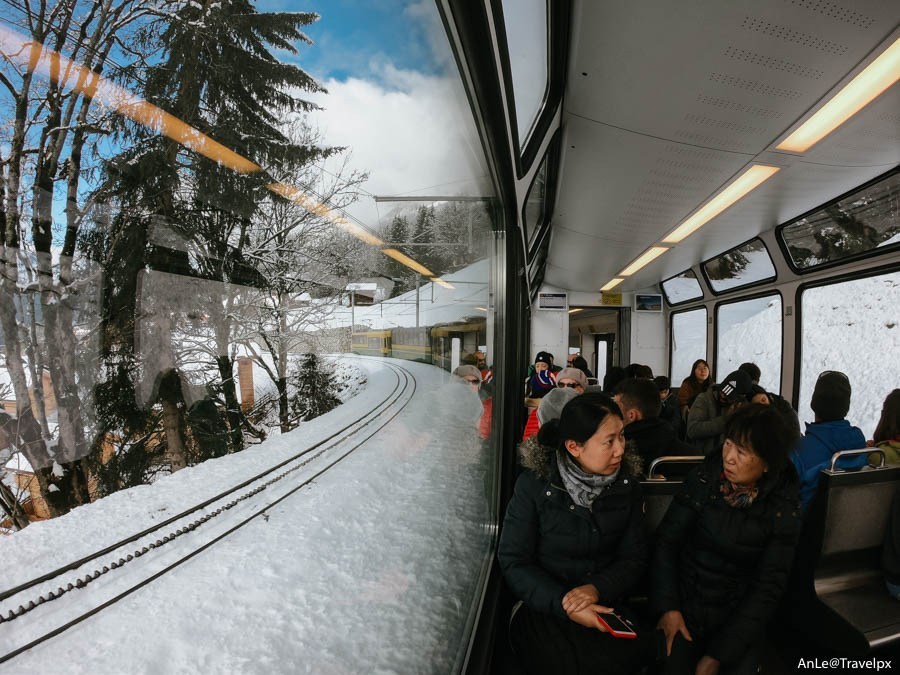
All about the experience of taking a train in Switzerland please refer to this article.
Self-driving in Switzerland by rent a car
The first thing you need is your driver license. An international driver’s license is not required in Switzerland but only requires a license in the your country. But the most reassuring thing is that you should still have an international driver’s license.
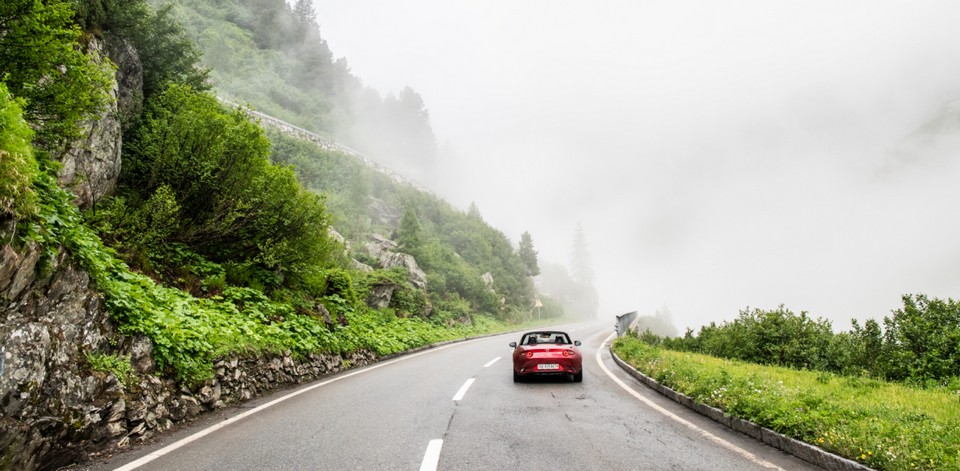
Renting a car is very helpful for those who traveling in groups of 3-5 people. Moreover, you have the opportunity to go to remote areas, small villages that cannot be reached by train. In addition, the roads in Switzerland are super beautiful, with so many beautiful scenes that you can hardly see if traveling by train.
Switzerland travel blog: Where to stay?
Hostel (bunk room) in Switzerland with average room rates from CHF30 / night / bed, private room price from CHF75 / night. You can choose stay in Airbnb’s room which is also very convenient, the price is good and the host is usually polite. I have chosen Airbnb twice in Lucerne and Zermatt. All are fine, the room is clean, full of necessary items.
If you intend to stay in the hotel, the room rates is about CHF80-110 / night for a double room, much more expensive than the common price of Europe. Especially in big cities like Geneva or Zurich the room rates is even higher, about €90 / night or more for a hotel room.
In addition, Switzerland is also very famous for hotels and resorts on high mountains. These are warm retreats for winter with cold snow, or simply a place owns beautiful view with the majestic mountains and rivers below. You can easily find hotels and resorts in Switzerland via Booking.com or Agoda.com or Airbnb.com.
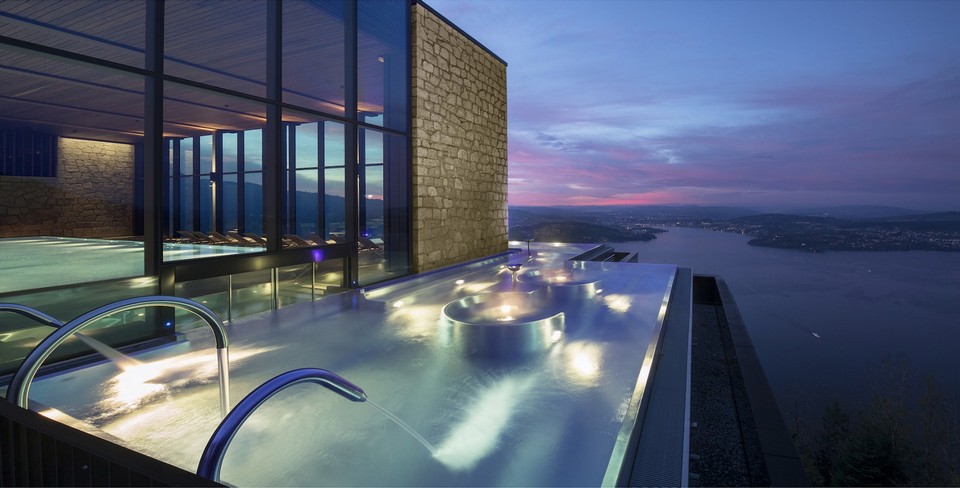
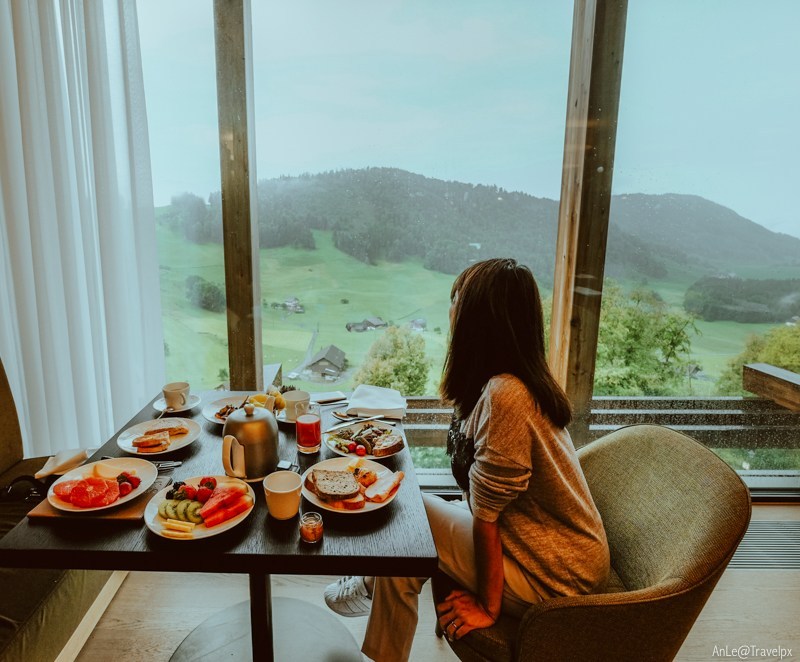
Refer to the article: Experience beautiful Swiss nature at luxury Burgenstock resort in Lucerne.
Switzerland blog: What to eat?
Dining in a restaurant in Switzerland is a pretty luxury option, you can go to the supermarket to buy food to cook at the hostel such as pasta, sauce, rice, eggs, fresh fruit (when choosing a hostel, you should take a closer look. Is there a kitchen there for cooking?). Normally, with self-cooking, it only costs CHF6-12 / day, if you can choose a hostel with breakfast included in room rates, it is even better. In addition, supermarkets also sell prepared foods such as Pizza, sandwiches, pasta, … etc.
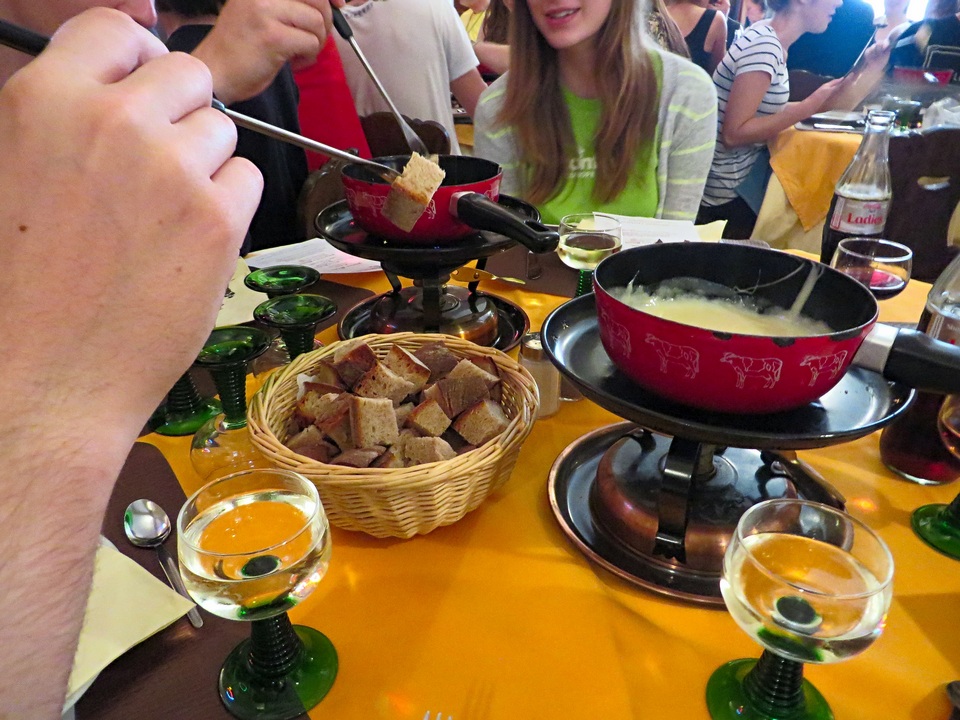

You should check the prices before you buy food here, as the prices are also very different at different stores. There are expensive stores, and cheap stores that selling the same item, you should refer to where cheap to buy, and of course you can rest assured of quality.
Do not drink wine or beer here because alcoholic drinks are very expensive in Switzerland, a cup of beer costs around CHF8 while a wine bottle costs CHF10-25. In addition, the price of meat in Switzerland is especially higher than the rest of Europe, so if you go to the supermarket you should limit buying meat (especially beef) and should choose vegetables instead.
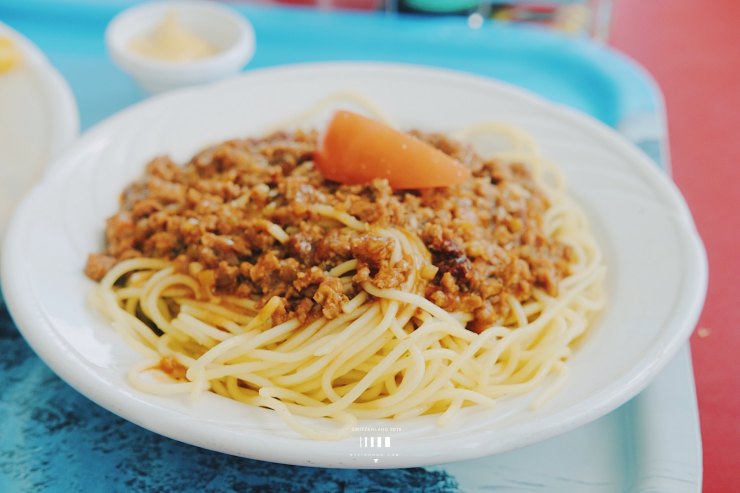
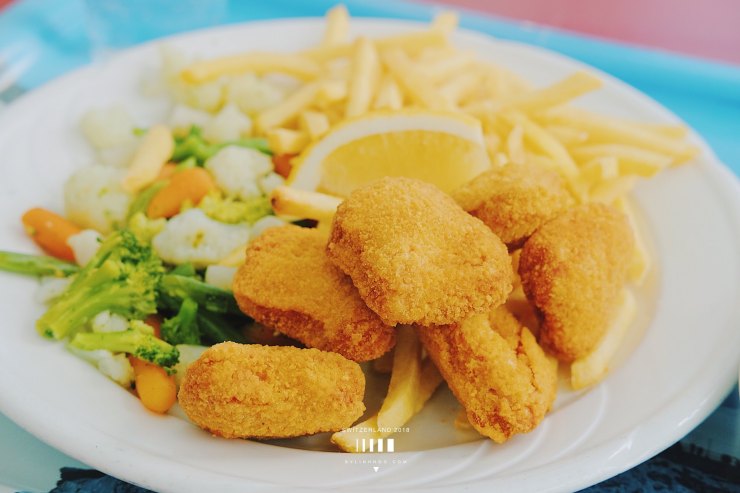
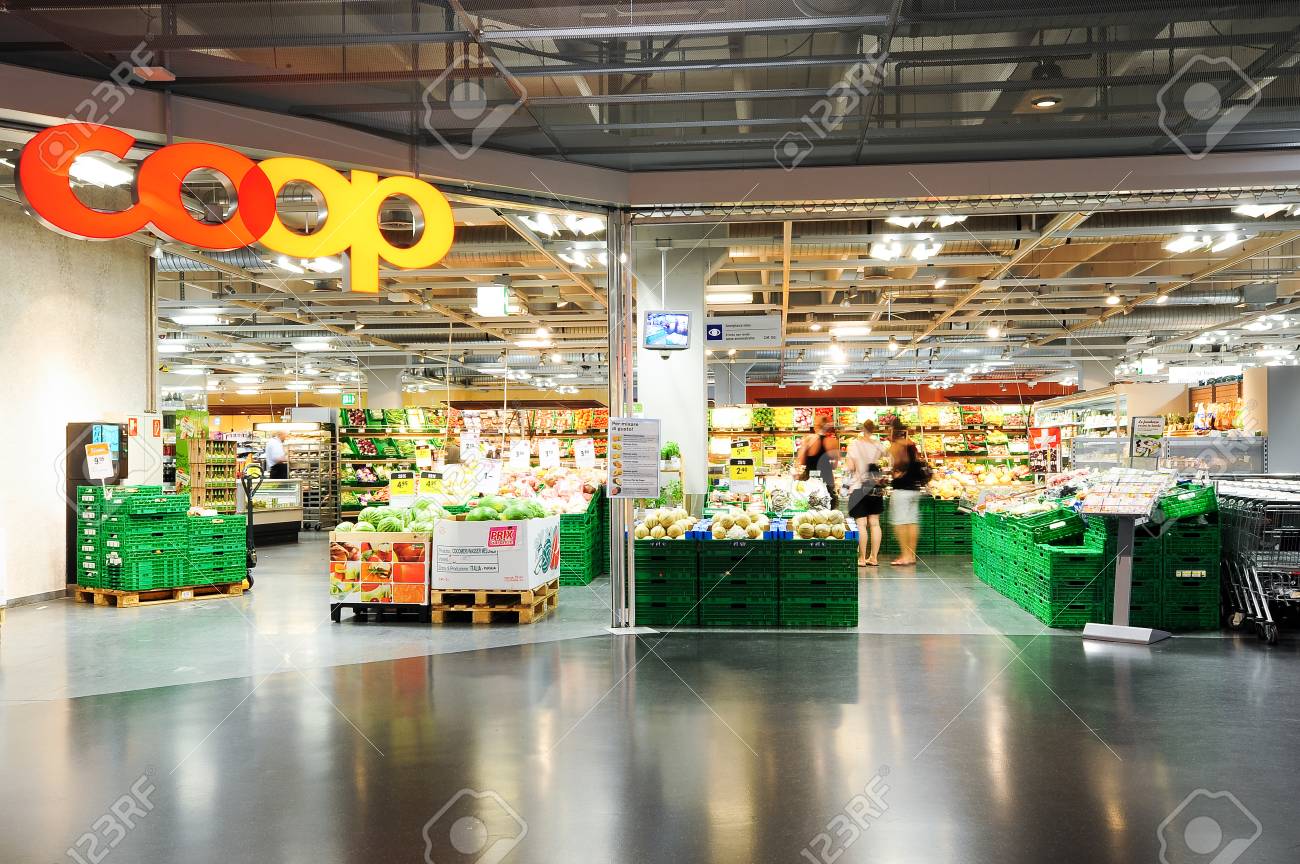
Note that spirits and cigarettes are only allowed when you are over 17 years old, each person is allowed to bring a maximum of 200 cigarettes and 2 liters of alcohol as prescribed.
See also: Must-see spots and top things to do in Lucerne.
Switzerland travel blog: Where to go and top things to do in Switzerland
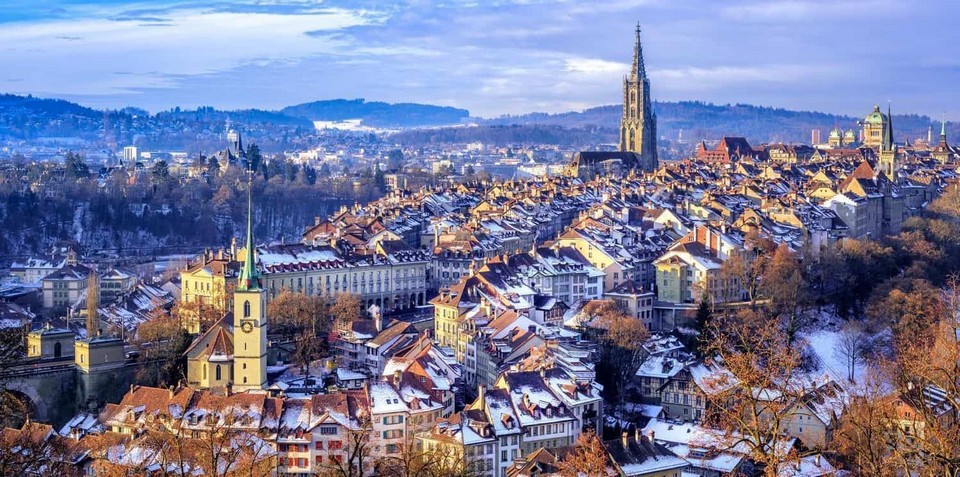
To make a perfect itinerary for a budget trip to Switzerland, you will need to consider the places included in the itinerary. Tourist destinations Switzerland can be classified into two categories, one is the big cities and its surounding areas, the other is the regions, villages, towns, lakes and high mountains to experience the nature of this country.
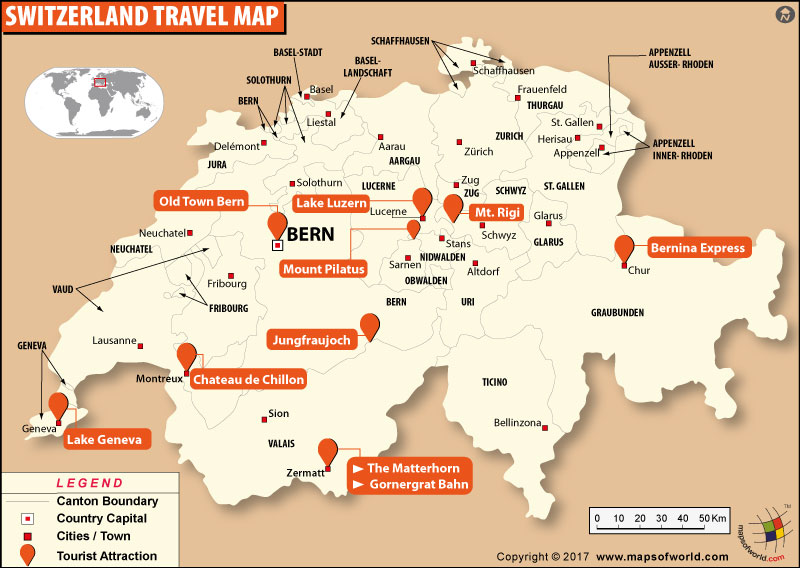
Map of tourist regions in Switzerland:
Major cities in Switzerland
As mentioned above, there are 3 big cities in Switzerland that you usually go to first are Bern, Zurich and Geneva. These cities are quite small and usually you only need 1 day to visit each city. Getting around these cities is also quite easy because there are many bus routes, or simply walking.
Explore Geneva
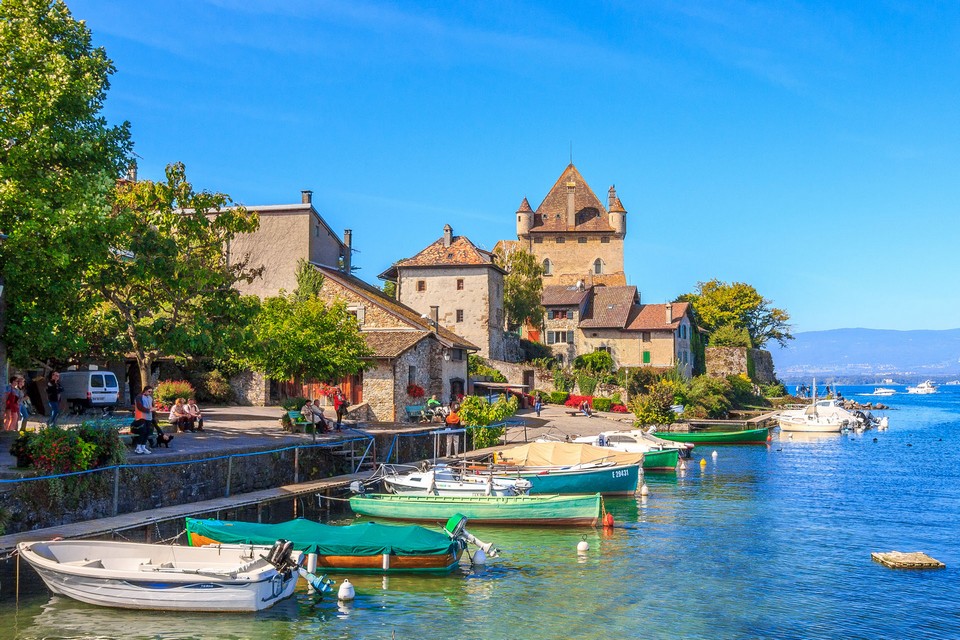
As the third largest city in Switzerland, Geneva offers very interesting experiences such as sailing on Lake Geneva (the symbolic lake of the city). Many museums and fountains are among the top in the world and the food courts are extremely rich.
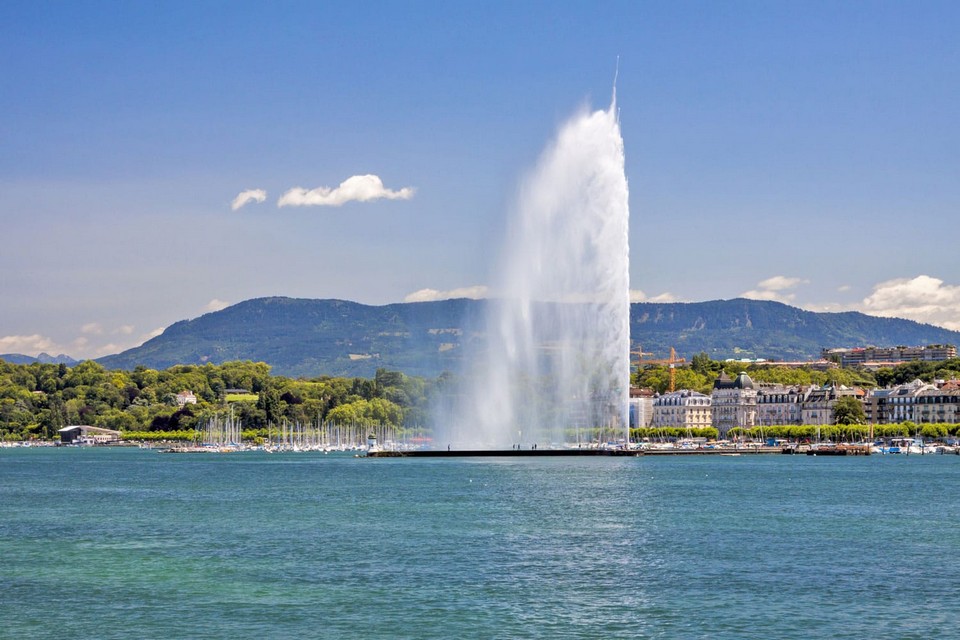
Visit the capital Bern
Bern has a strange ancientity with old quarters so you can wander all day without getting bored. And don’t forget to visit the Parliament Building (Swiss Federal Assembly) of the Swiss Federation.

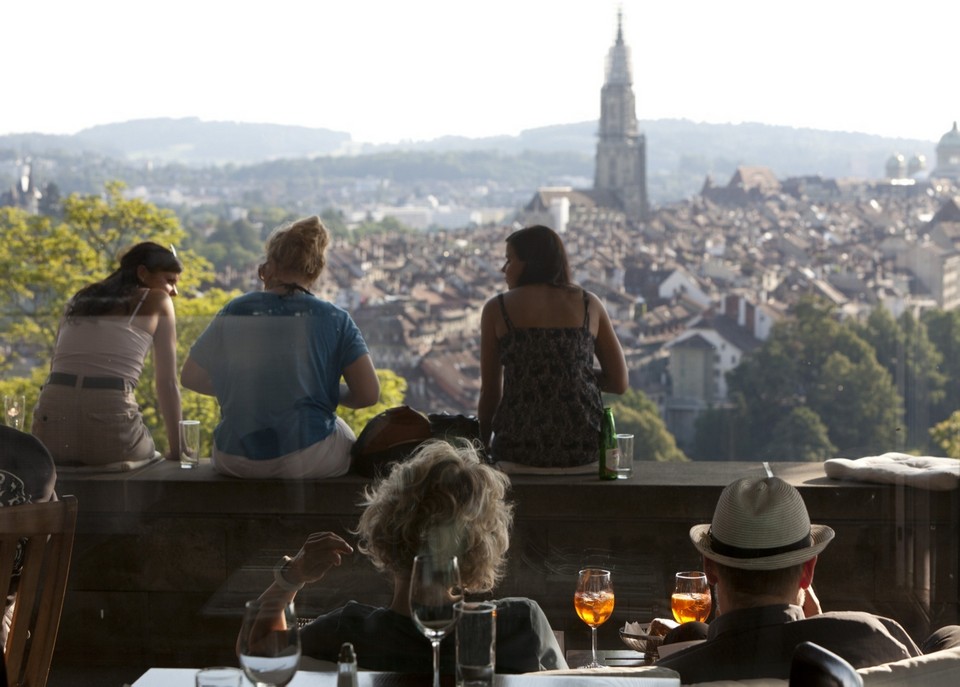
Walking around the old town of Zurich
Zurich is the largest city as well as contains a lot of historical values of Switzerland. You can walk around the small alleyways, the old streets with vintage look. Remember to climb up the hill to watch the Limmat River and the city view when the city lights up at sunset.
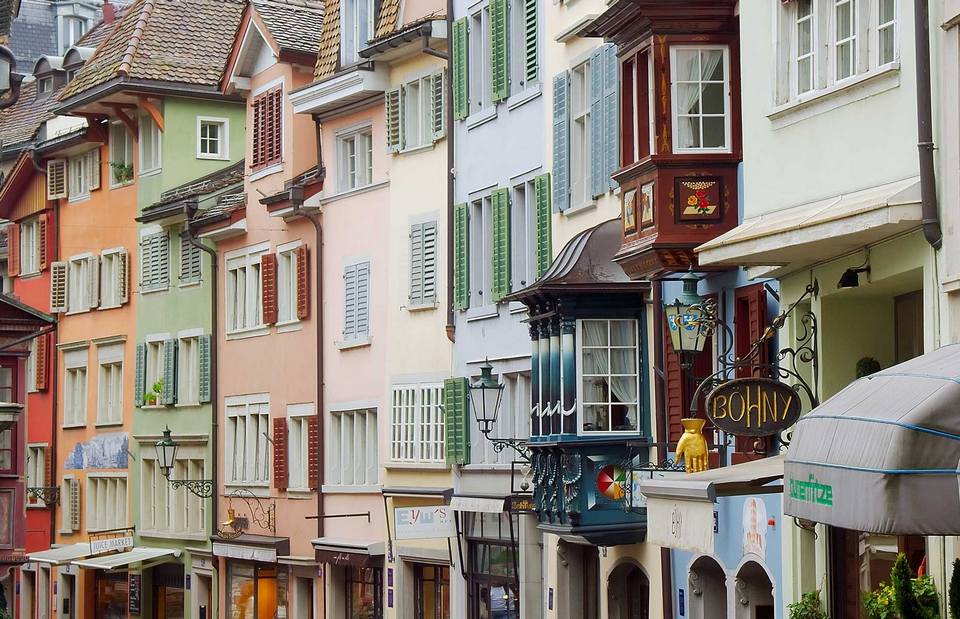
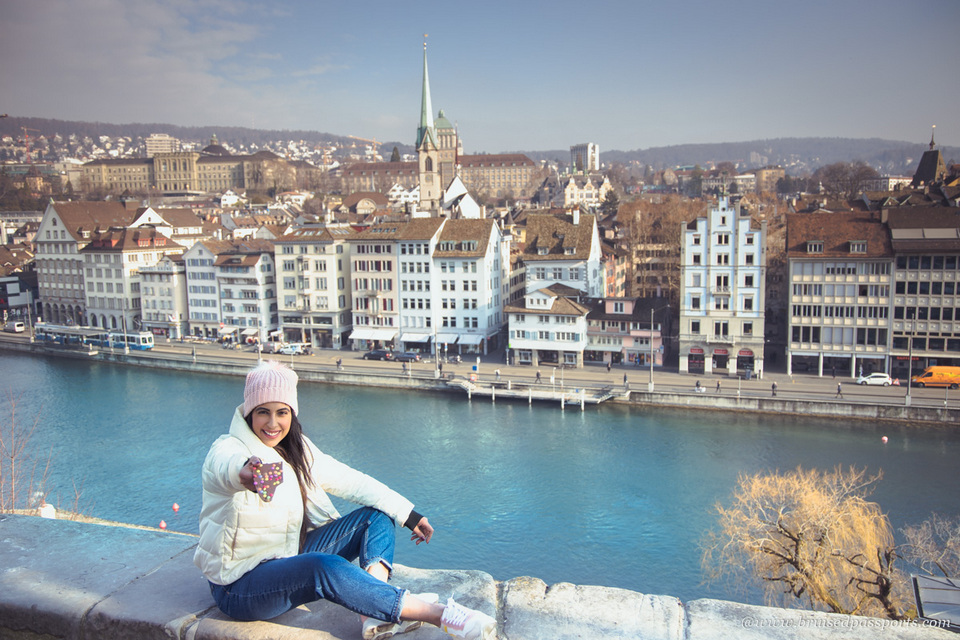
The famous tourist regions in Switzerland
Temporarily away from crowded cities with bustling vehicles, the biggest purpose of traveling to Switzerland is experience the natural beauty of this country. The grandeur of Switzerland is from the charming Apls, creating a land with lots of majestic mountains, valleys and lush green steppes. Not only mountains, but also lakes created alternating with mountains are also highlights that cannot be missed. Famous tourist regions you need to consider to visit when traveling to Switzerland.
Bernese Oberland region and Mount Jungfrau
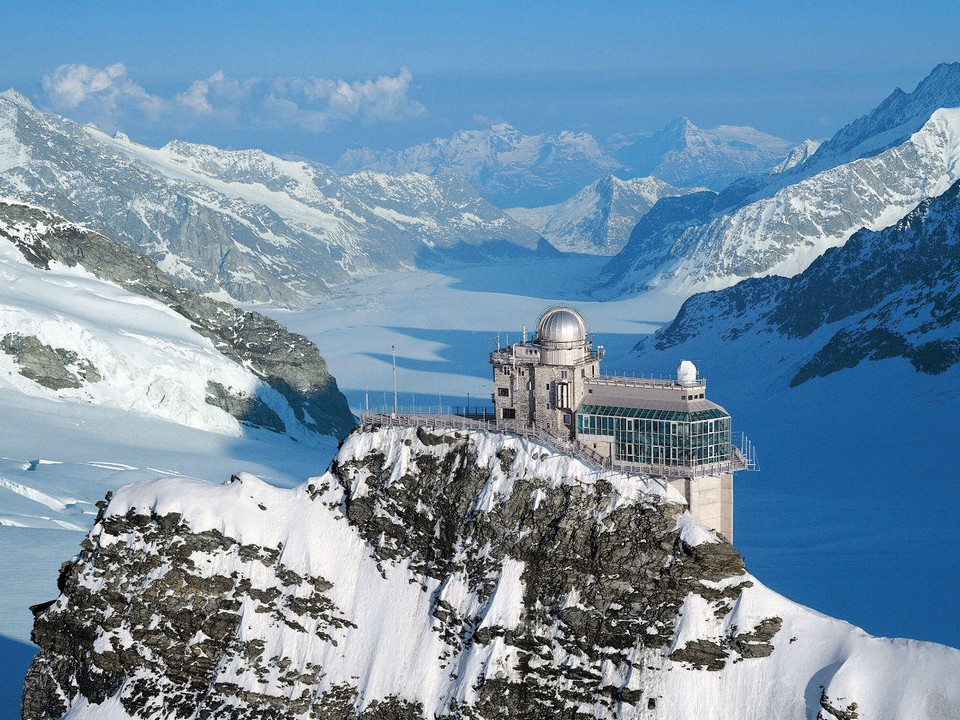
Many people know Switzerland for the first time because of the top of Europe – Jungfrau summit. But the places around this legendary mountain are also very beautiful. To experience Jungfrau, we usually head to the region’s largest town – Interlaken. From Interlaken you can take a day trip to visit mountain villages like Murren, Wengen, Lauterbrunnen and Grindelwald.
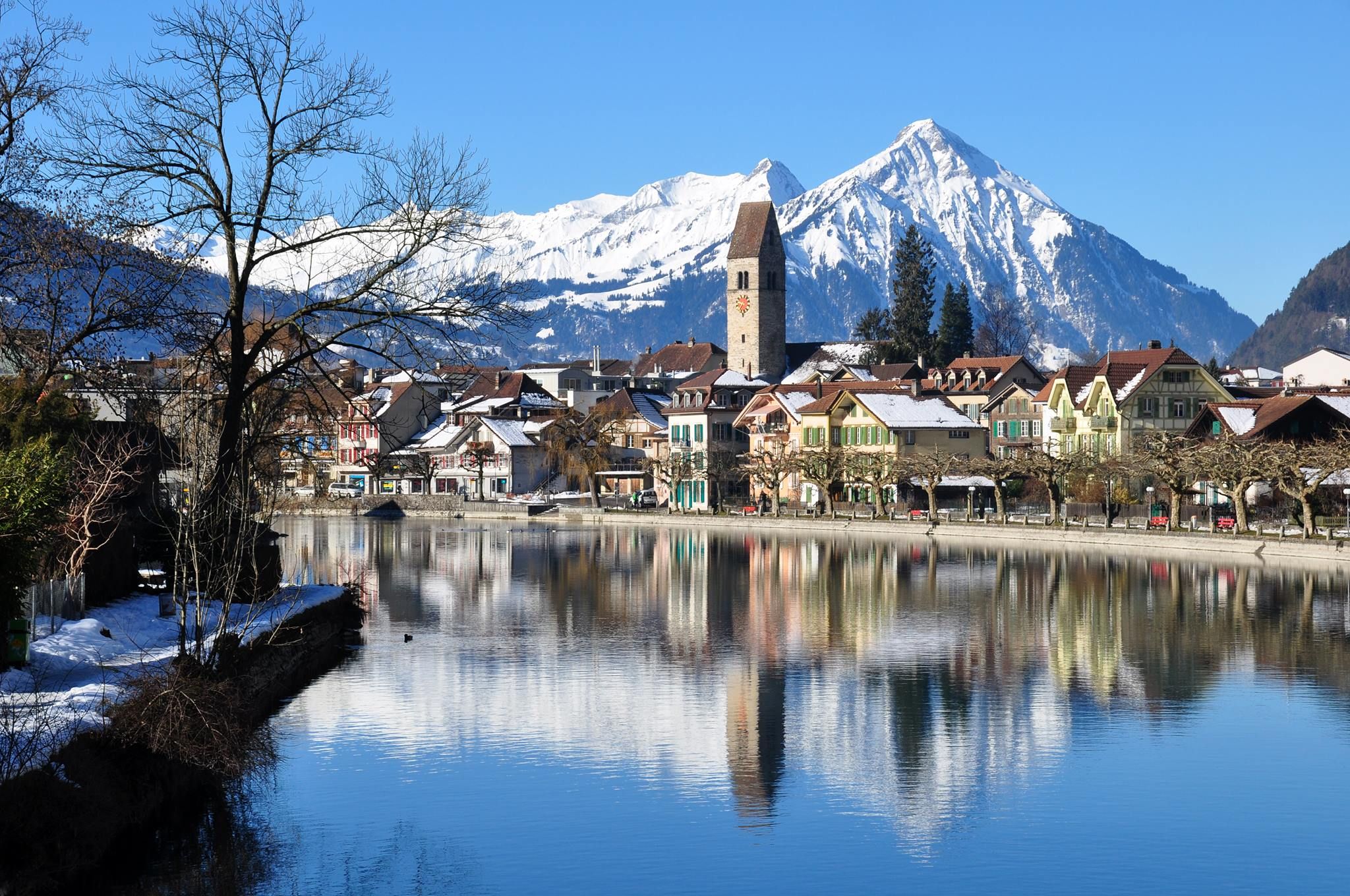
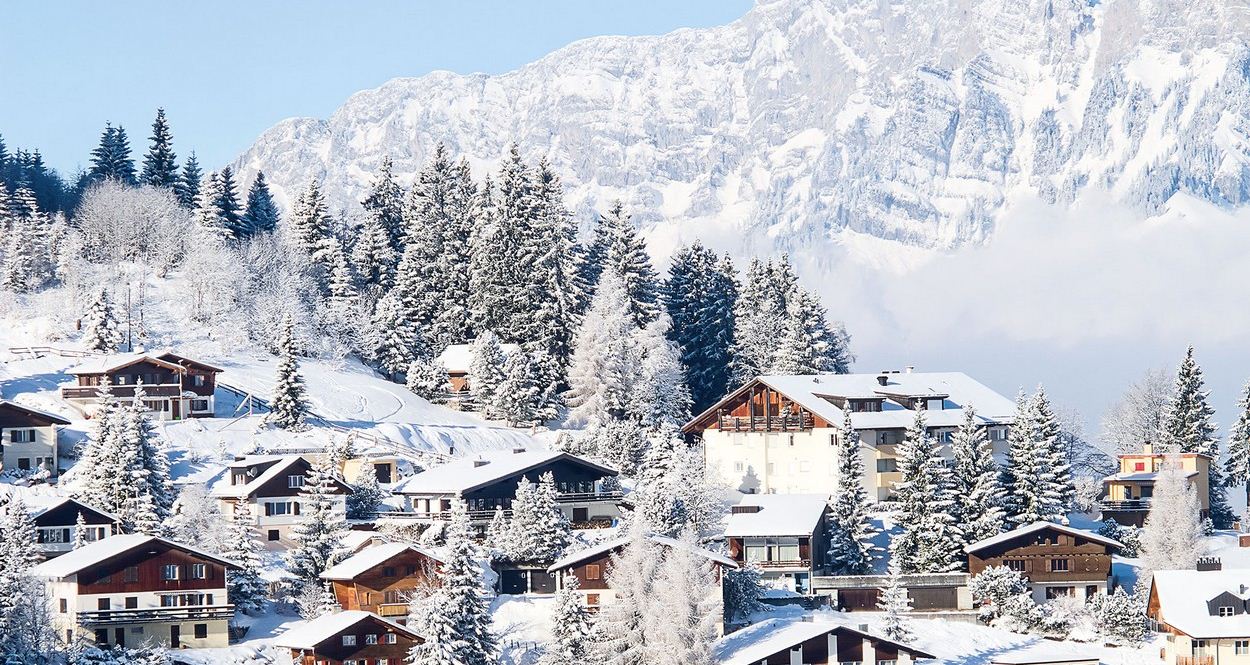
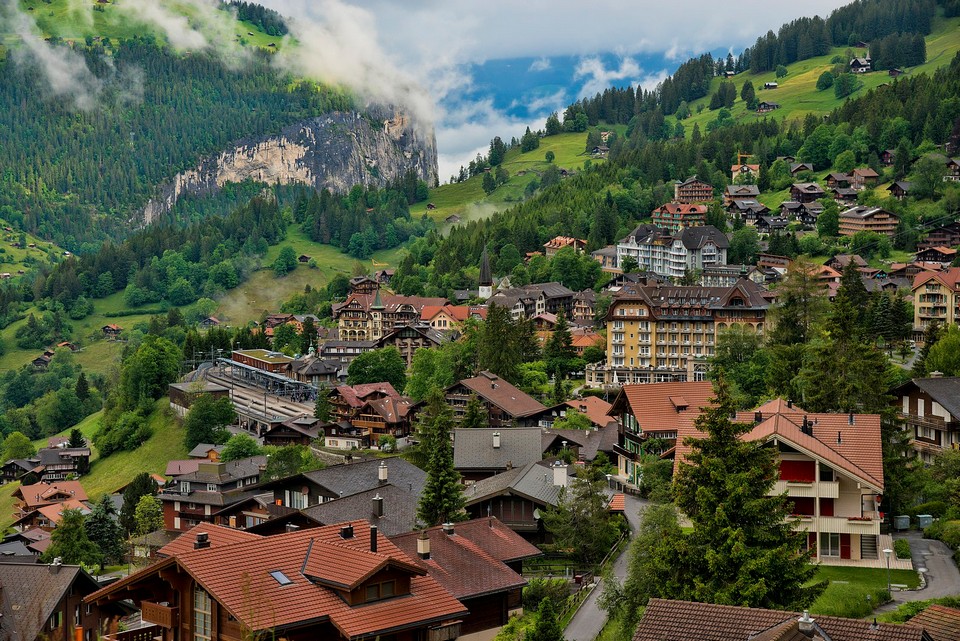
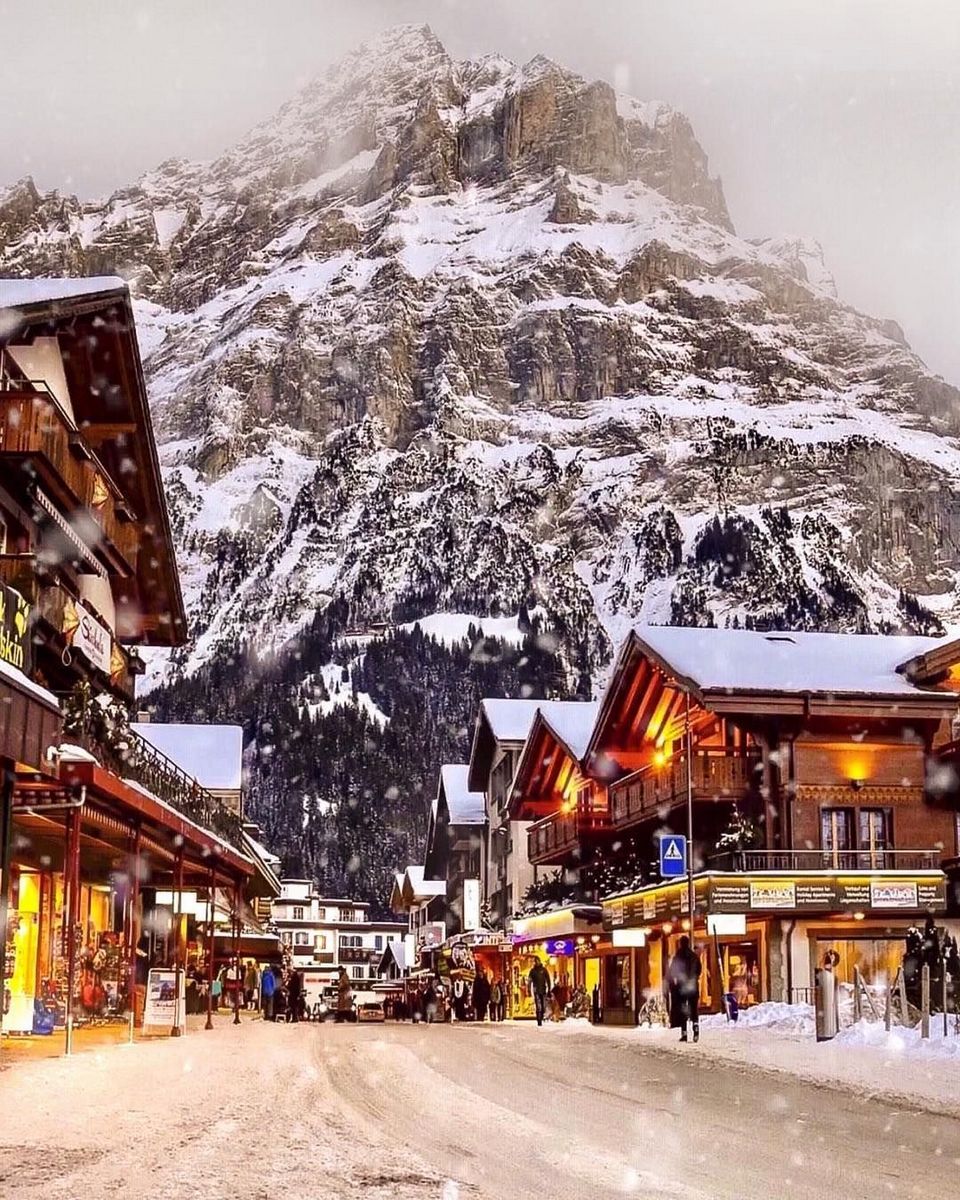
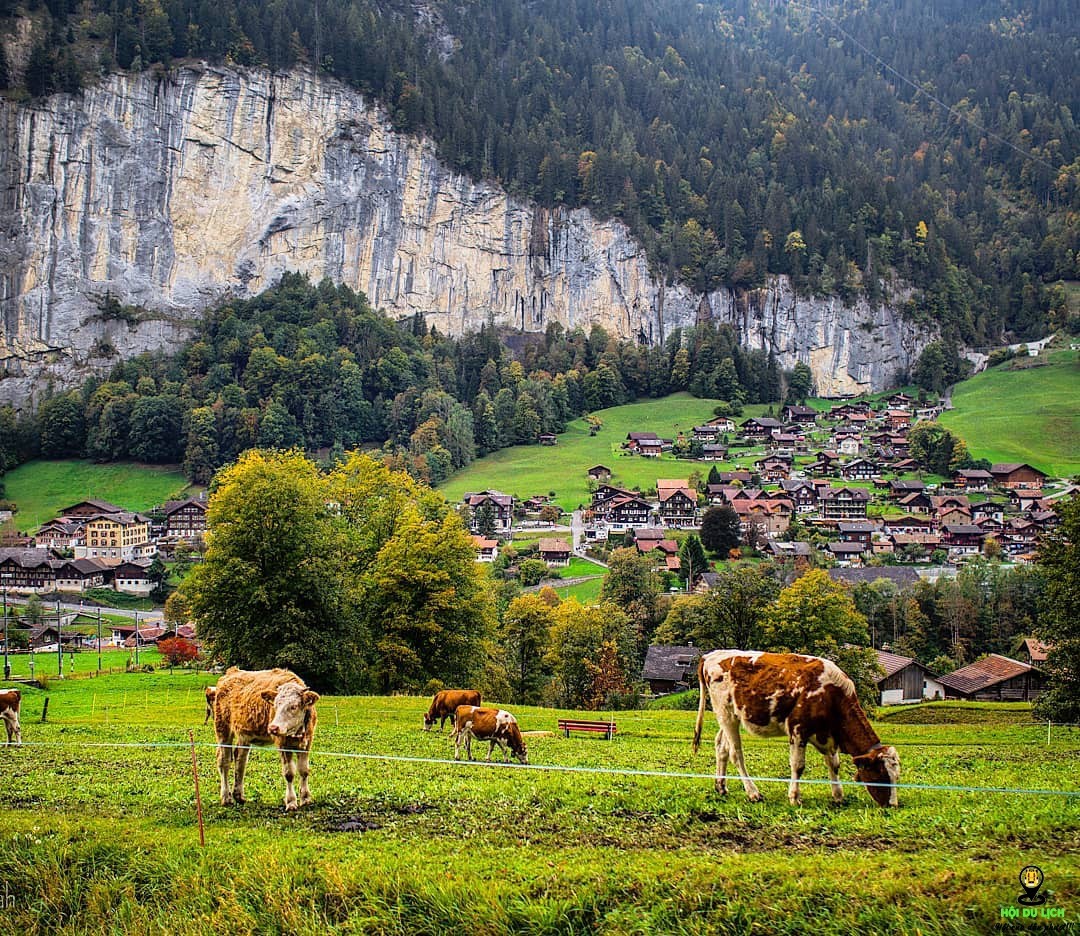
There are 2 routes for you to get to Jungfrau from Interlaken. Option 1: From Interlaken you take bus + train to Grindelwald and then take the train to Jungfrau. Option 2 is you go to Lauterbrunnen, then from here take the train to Wengen – Jungfrau. You can spend the night at Interlaken or experience one of the above villages for convenient hiking trails.
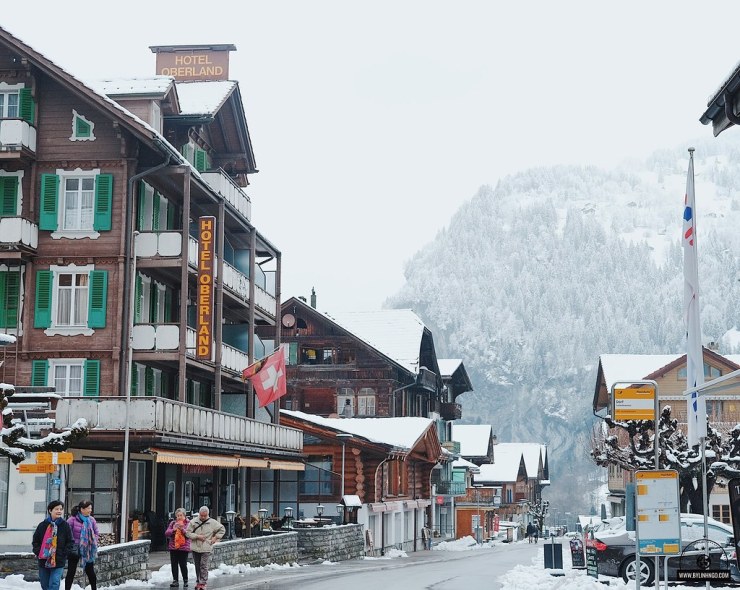
Around Interlaken there are many beautiful lakes to visit. One side is Lake Thun and the other is Lake Brienz. From Brienz you can climb the very beautiful Brienzer Rothorn mountain. Remember reach to the top of Harder Kulm to enjoy panoramic views of the valley of Interlaken.
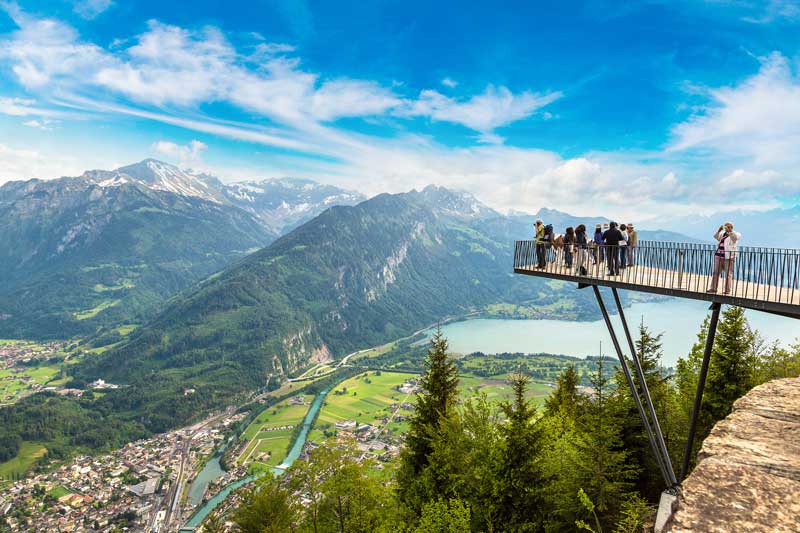
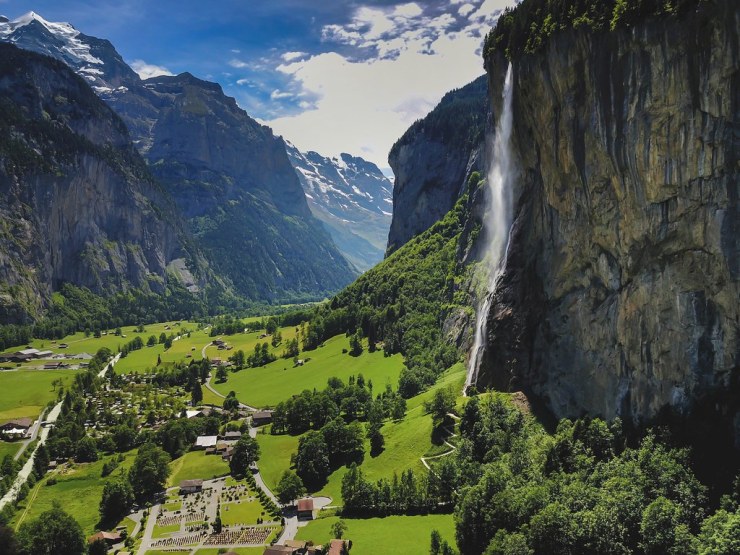
Lucern region and Mount Pilatus
Lucerne is a large region with Lake Lucern, the famous city of Lucerne and many mountains surrounding it. The city is considered signature of Switzerland as the perfect combination of urban and natural life. Besides, the mountain just outside of the city of Lucerne – Mt. Pilatus, very beautiful and the view is great, you can take the cable car to get to the top from within the city.
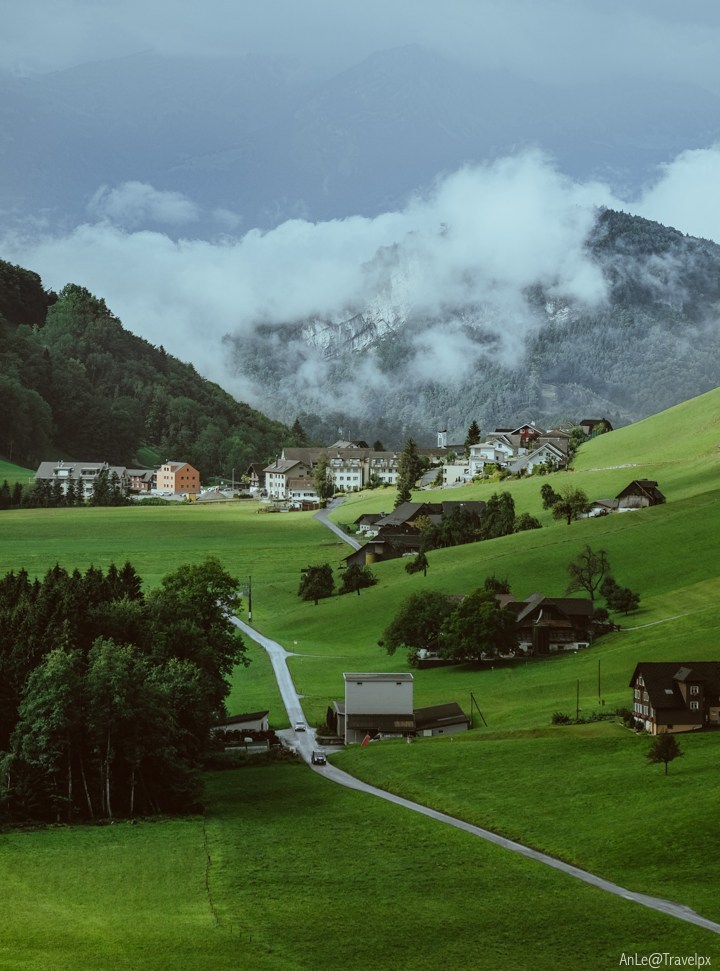
In addition to Pilatus, there are also two mountains worth visiting, which is Rigi and beyond is Tilis. To get to Rigi you combine to take a ferry across Lake Lucerne to Vitznau and continue to take the train to the top of Rigi Kulm. As for Tilis, you can take a day trip from Lucerne to Engelberg by train and continue to get to Tilis by cable car.
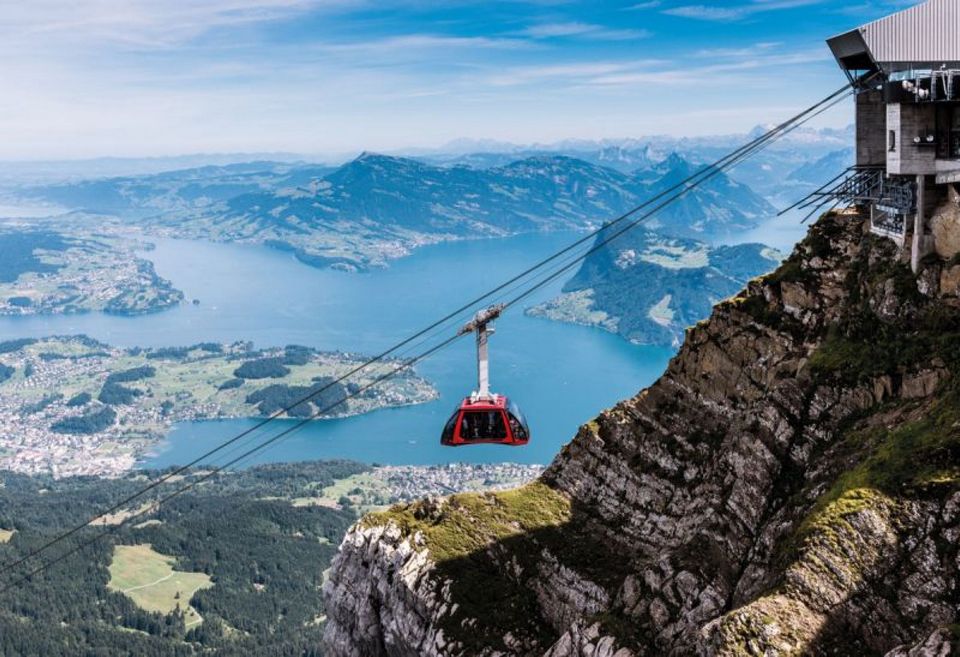
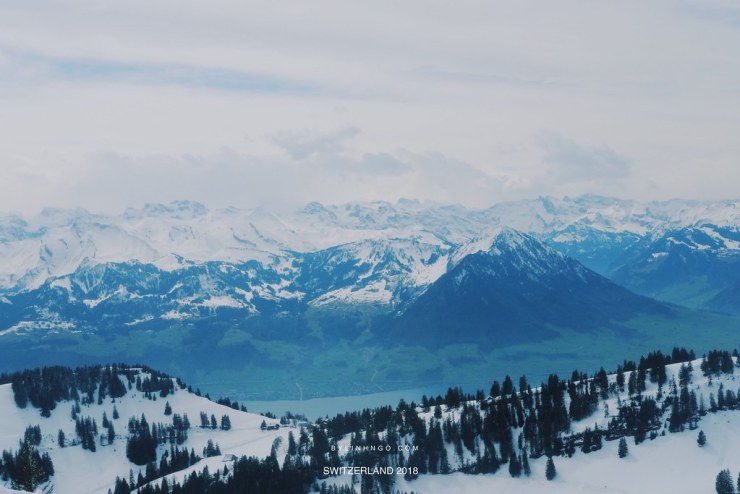
Zermatt region with Matterhorn peak
Zermatt is a beautiful fairytale village nestled in a small valley. The highlight of this village is the combination with one of the most famous mountain peaks in Switzerland – the Matterhorn. The landscape of the village, with its tiled roofs covered with snow in the cold winter, always appeals to any photographer.
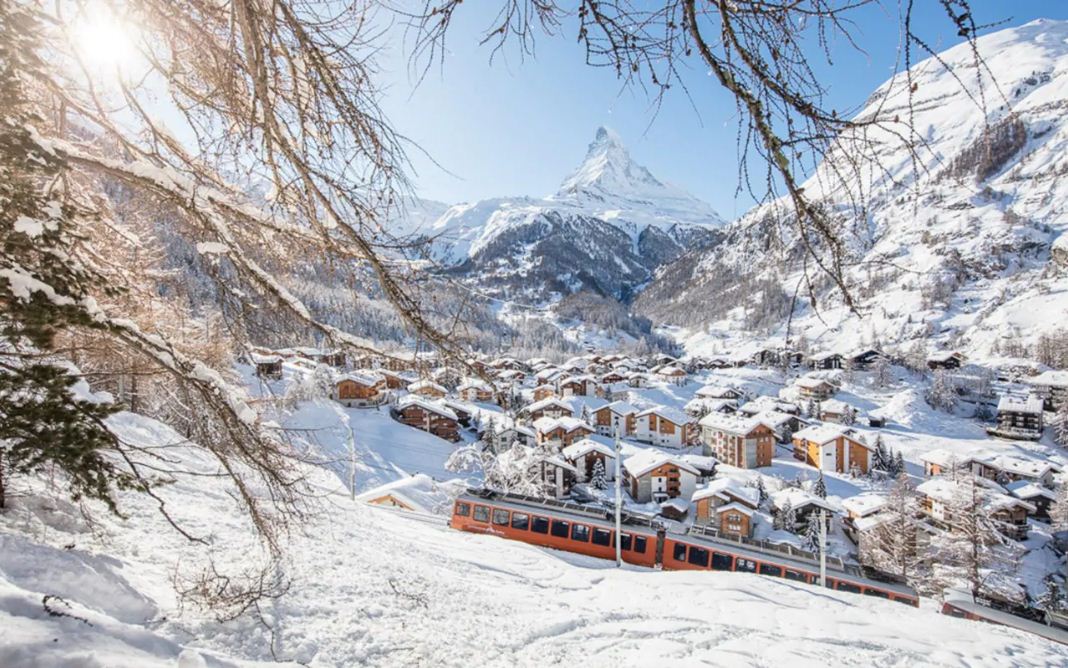
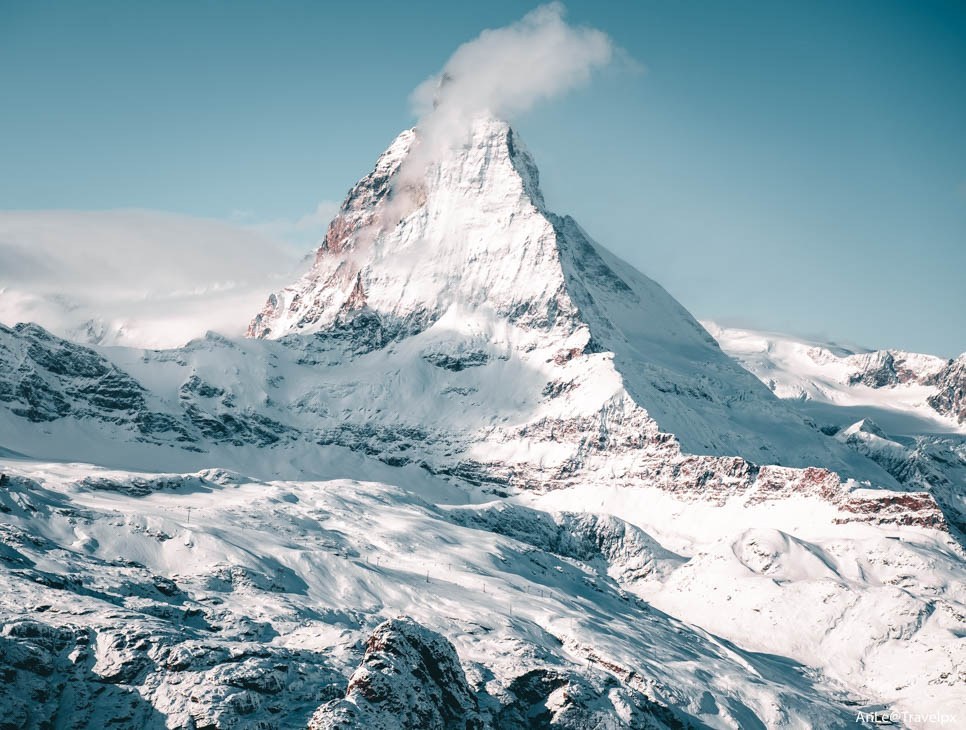
Here you can experience some activities like skiing and climbing. With the Matterhorn peak, hiking is primarily for experienced people. But you can see this beautiful peak anywhere in the village of Zermatt, or from the mountains surrounding it.
The top of the mountain to see the most beautiful Matterhorn is Gornergrat, you can take the train from Zermatt here. Alternatively, if you want to experience hiking at the Matterhorn, you can take the cable car to the top of Klein Matterhorn and hiking on the trails around it.
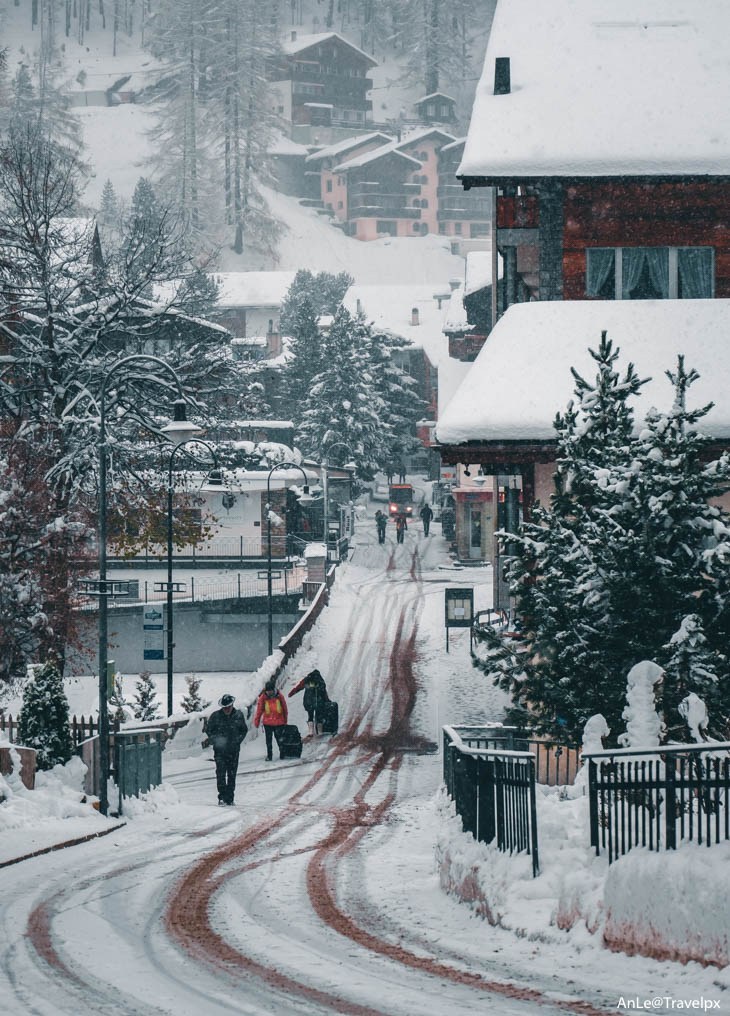

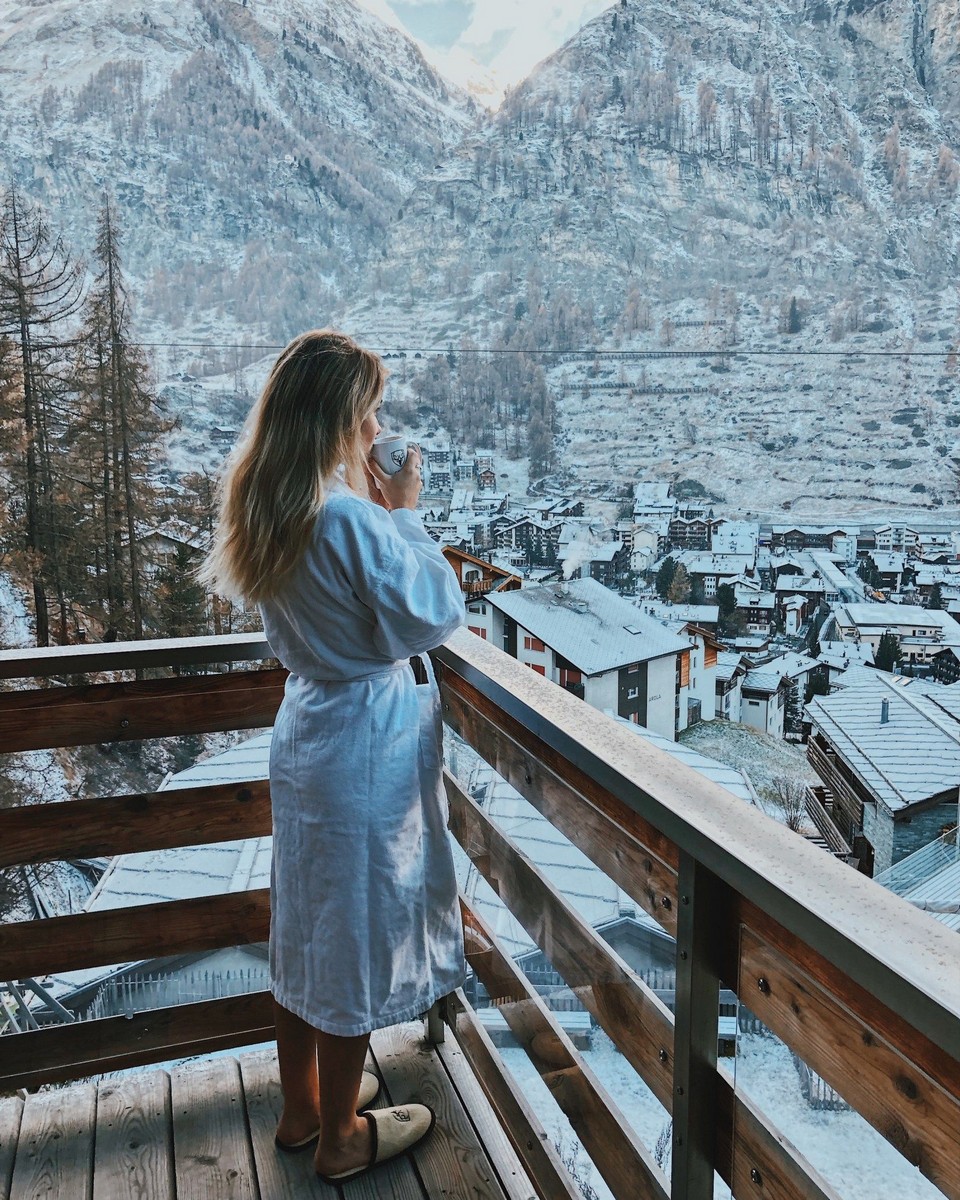
Montreux and Swiss Riviera Region
Experience the Swiss Riviera region located in Lavaux and along the shores of Lake Geneva, you can visit the vineyards next to the lake. Visit the Château de Chillon castle located in the town of Montreux, which is famous for its annual Jazz festival. You can spend a few nights in Montreux and continue explore nearby lakeside towns like Vevey or Lausanne.
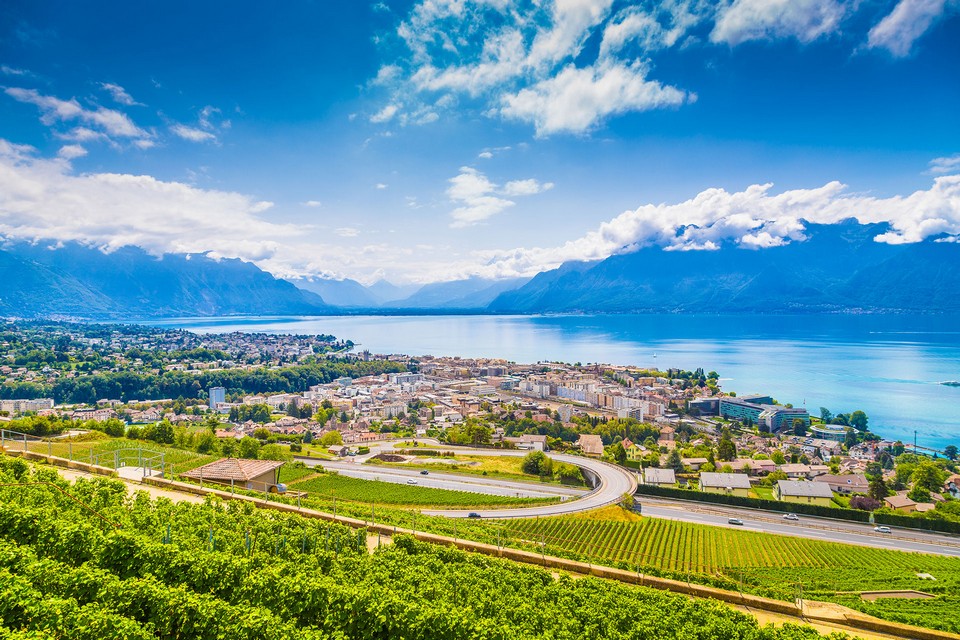
Romantic moments in Montreux are always an unforgettable experience, then take a castle tour to return to the life of the 11th century. The town is also home to the famous artist Freddie Mercury, his statue is built here in honor of this great man.
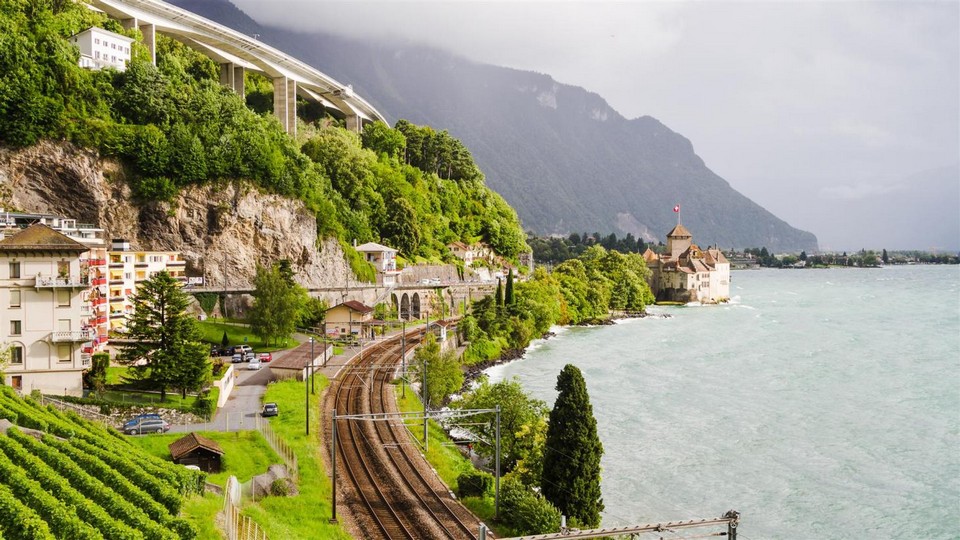
Some other tourist spots in Switzerland are worth a try
Picnic at Rhine Falls: Simply prepare a meal and bring the area overlooking Europe’s largest waterfall, an inexpensive yet enjoyable afternoon. Close to the town of Schaffhausen, you’ll find a medieval castle with nice, cheap accommodations.
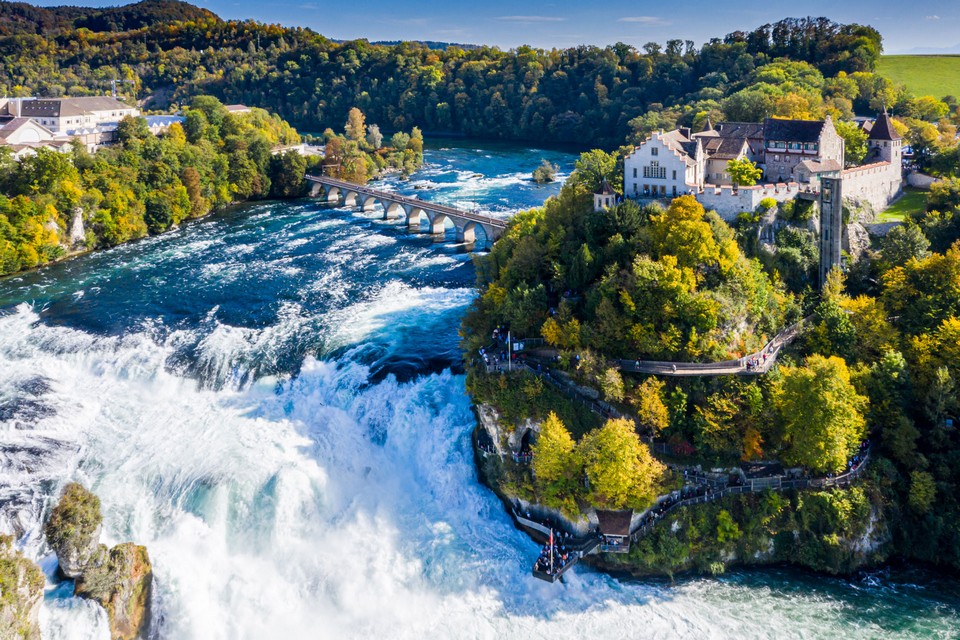
Discover St. Gallen, the 7th largest city in Switzerland. St.Gallen boasts many beautiful museums, with architecture like a multicolored painting. Come here, do not forget to walk on the street, relax and enjoy the best dishes of this city.
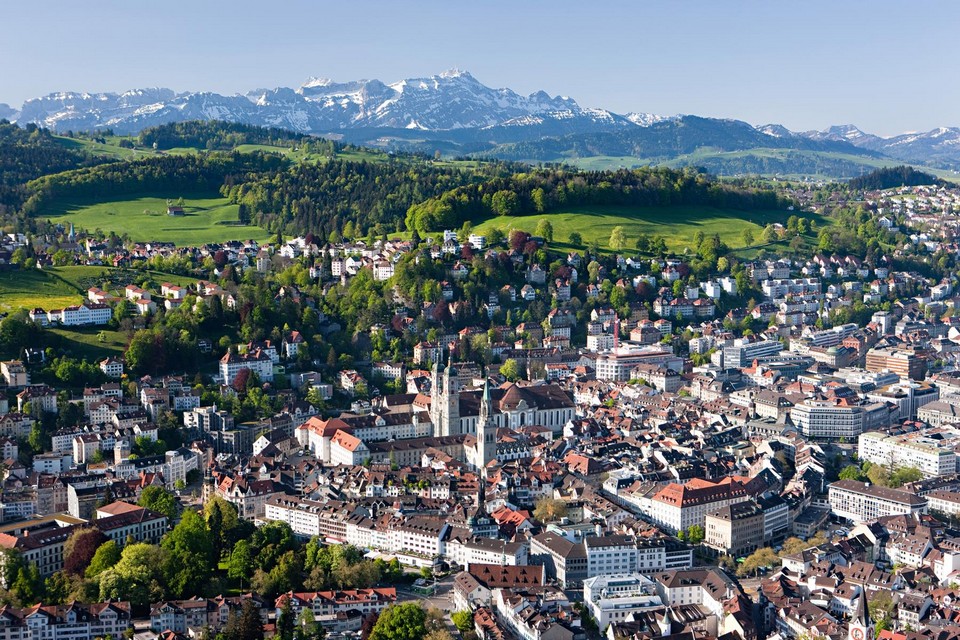
Visit the old village of Graubunden – You will discover villages with houses reminiscent of 13th century images. Here all people speak old Romanch language and try to preserve their national cultural identity.

Explore Italian style– Ticino, south of the Alps, Switzerland’s Mediterranean region. You can hear many Italians talking to each other here, discovering the wonderful cuisine and many old castles to admire.
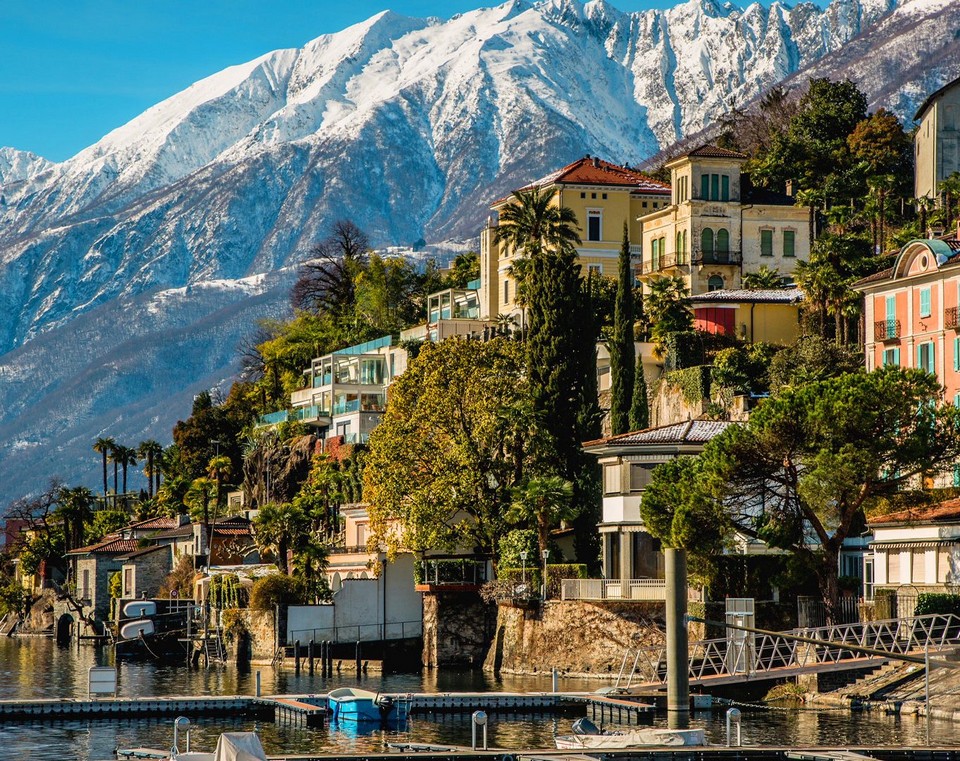
Discover rural culture in Appenzell – A small village among the 7,000 villages in the state of Appenzell Innerrhoden. Located close to the foot of the Alpstein mountain, the village makes a great gateway to summer and winter outdoor activities.
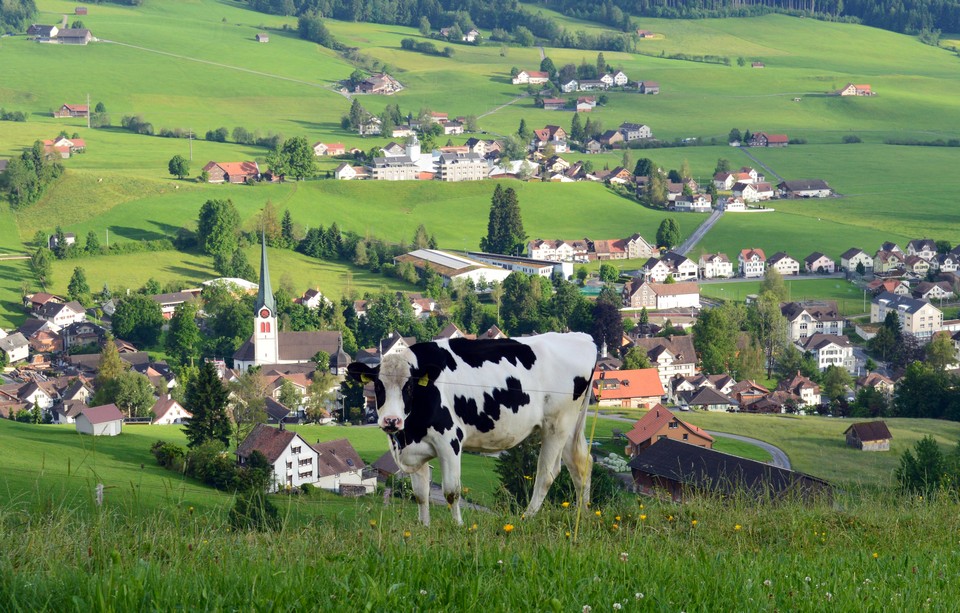
Switzerland travel blog: Saving tips when going to attractions
The average price of tickets to museums in Switzerland is around CHF10, if you have an international student card, you should bring it because there will be a chance to get a discount (between CHF2-4). This beautiful country is famous for its outdoor activities endowed with many majestic mountains with white snow under the clear blue sky, which can be named here as hiking, adventure travel (prices from CHF70 or more).
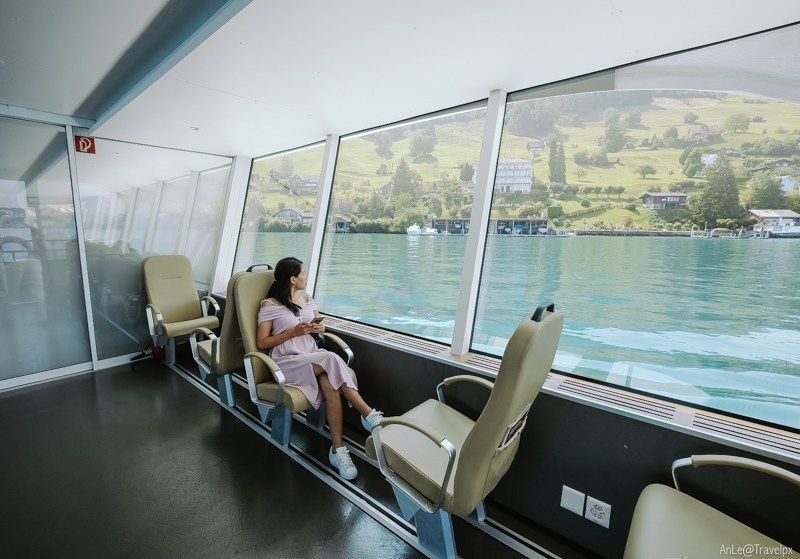
In addition, a very popular adventure sport is paragliding, which starts at CHF160 and can be increased in winter. Ski and snowboard tickets cost around CHF27-75 / day depending on the location. You can consider buying a pass for 6 consecutive days for traveling which will be cheaper (equal to 4-5 times the price per single day) if you intend to stay in Switzerland for longer than 1 week.
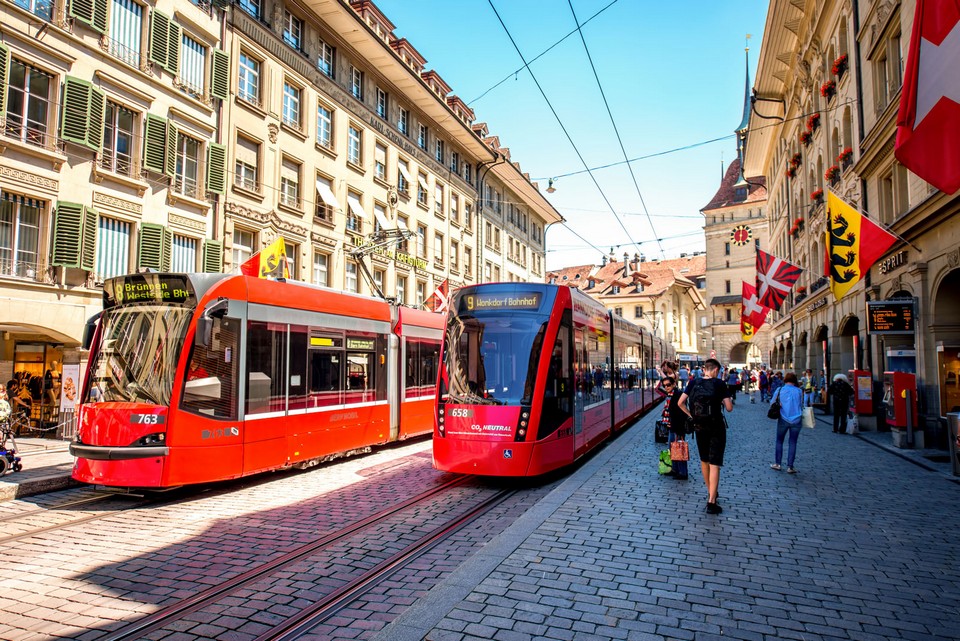
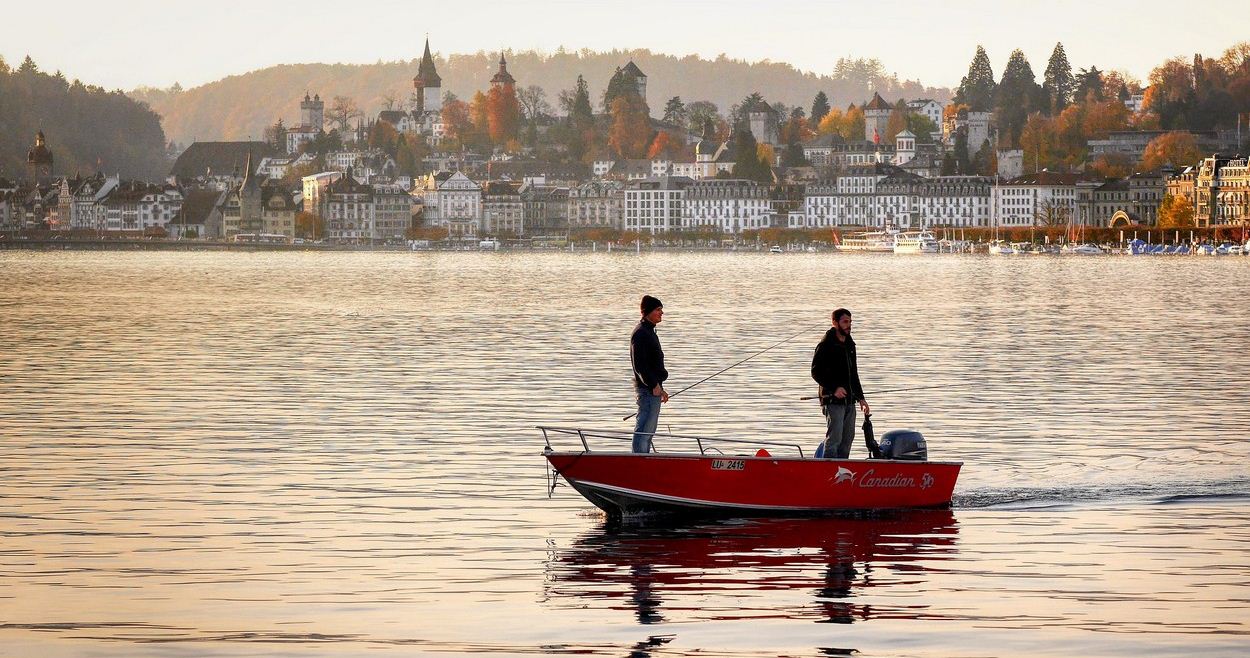
Some best day tours, trips, activities and transfer services, tickets in Switzerland you can refer to
- 4G WiFi (SG Pick Up) for Europe
- 4G Portable WiFi for Europe from Uroaming
- 3G/4G SIM Card for Multiple European Countries (HK Airport Pick Up)
- Half Day Trip to Mount Titlis with Cable Car from Lucerne
- Jungfraujoch Day Tour from Lucerne
- Day Trip to Mount Titlis with Cable Car (Zurich Departure)
- Swiss Travel Pass
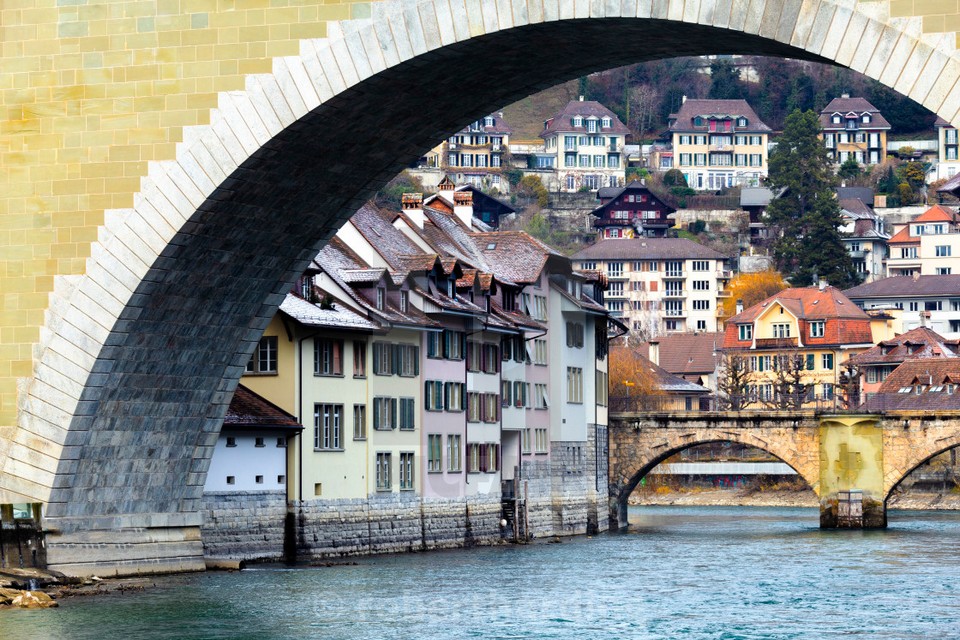
Are you looking for more Switzerland travel guide and top things to do in Switzerland: Tours, activities, attractions and other things? Read more: Switzerland itinerary 8 days — What to do & How to spend 8 days in Switzerland by train perfectly? And here.

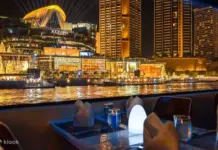
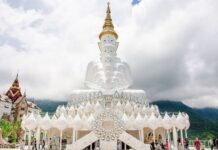

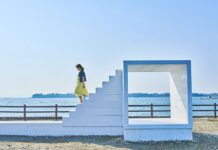
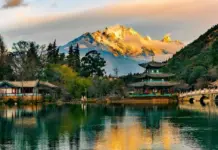
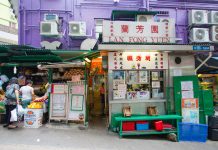
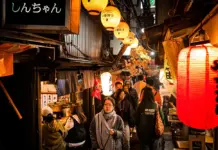



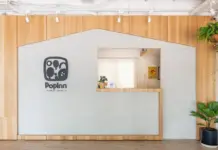
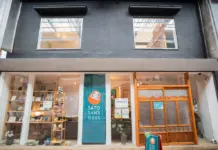
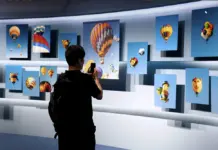

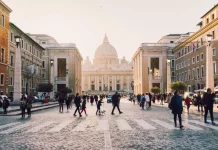
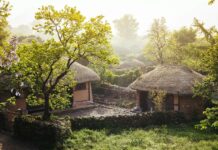
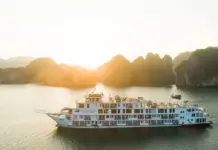

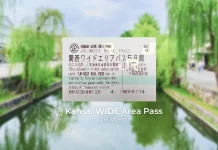



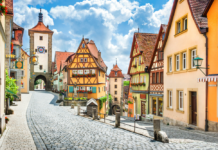


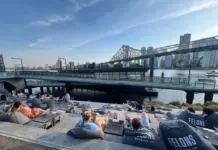
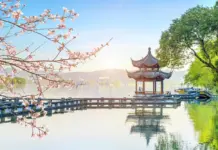


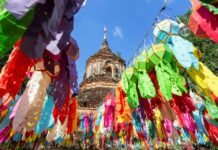
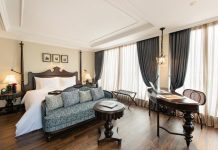
![10 best airports in Asia in 2016 [RANKED] kuala-lumpur-international-airport-best airports in asia in 2016 by skytrax ratings](https://livingnomads.com/wp-content/uploads/2016/08/29/kuala-lumpur-international-airport-best-airports-in-asia-in-2016-by-skytrax-ratings-218x150.jpg)

